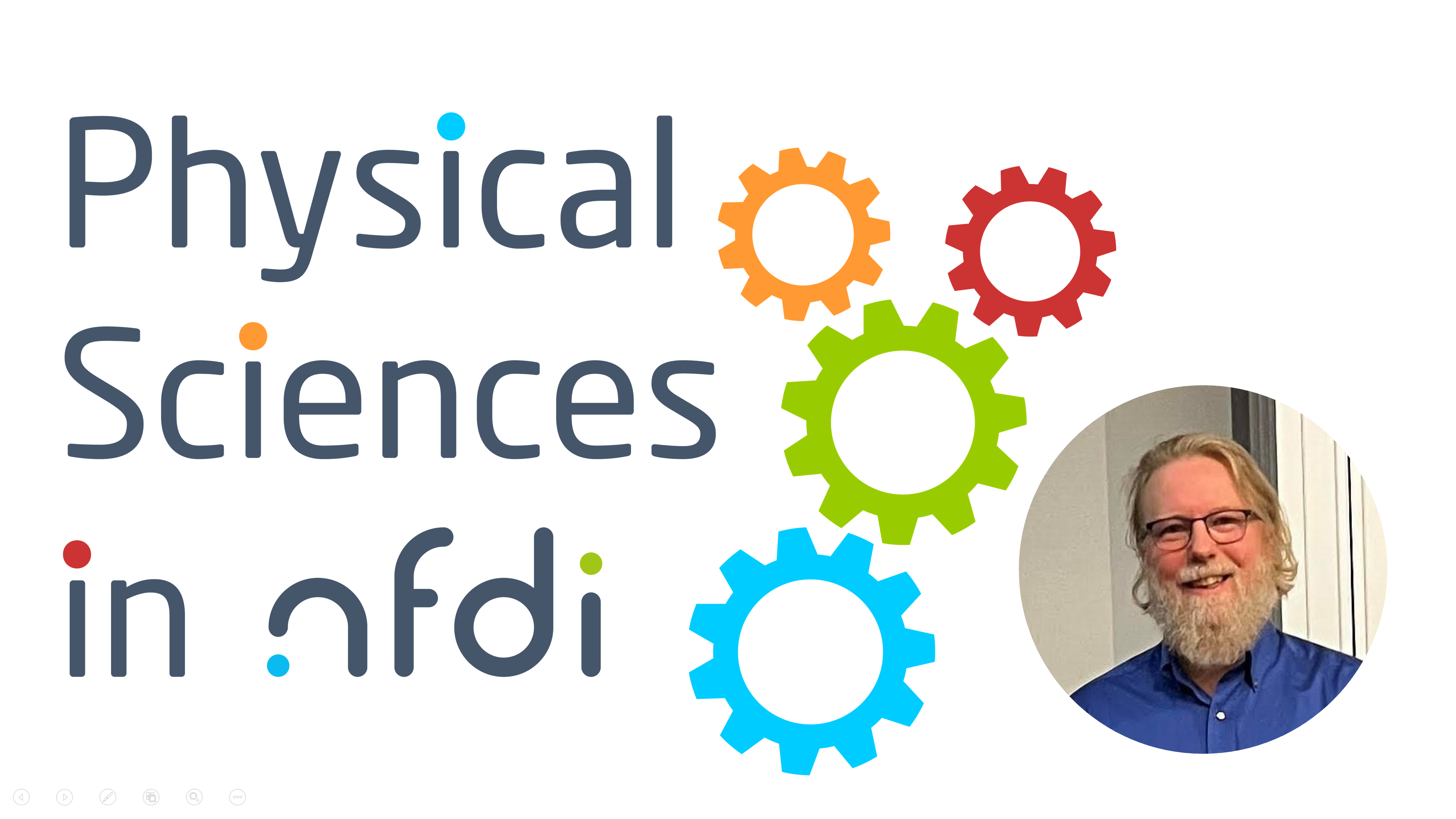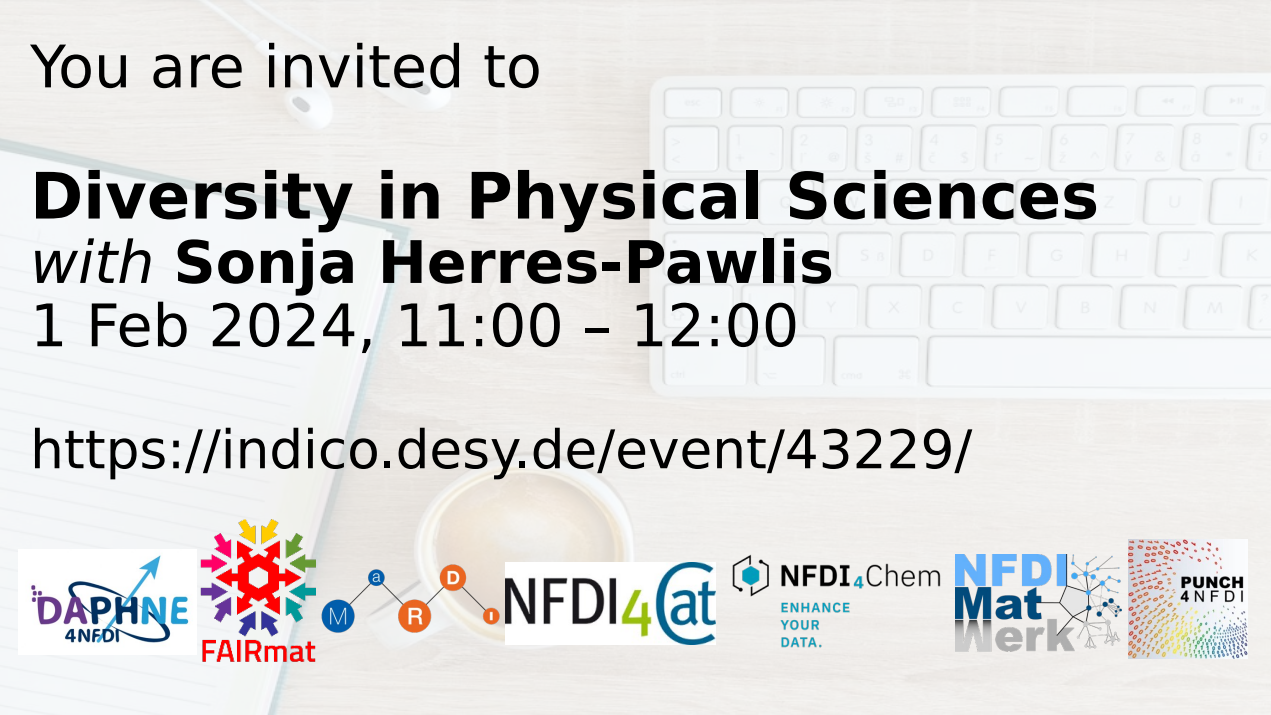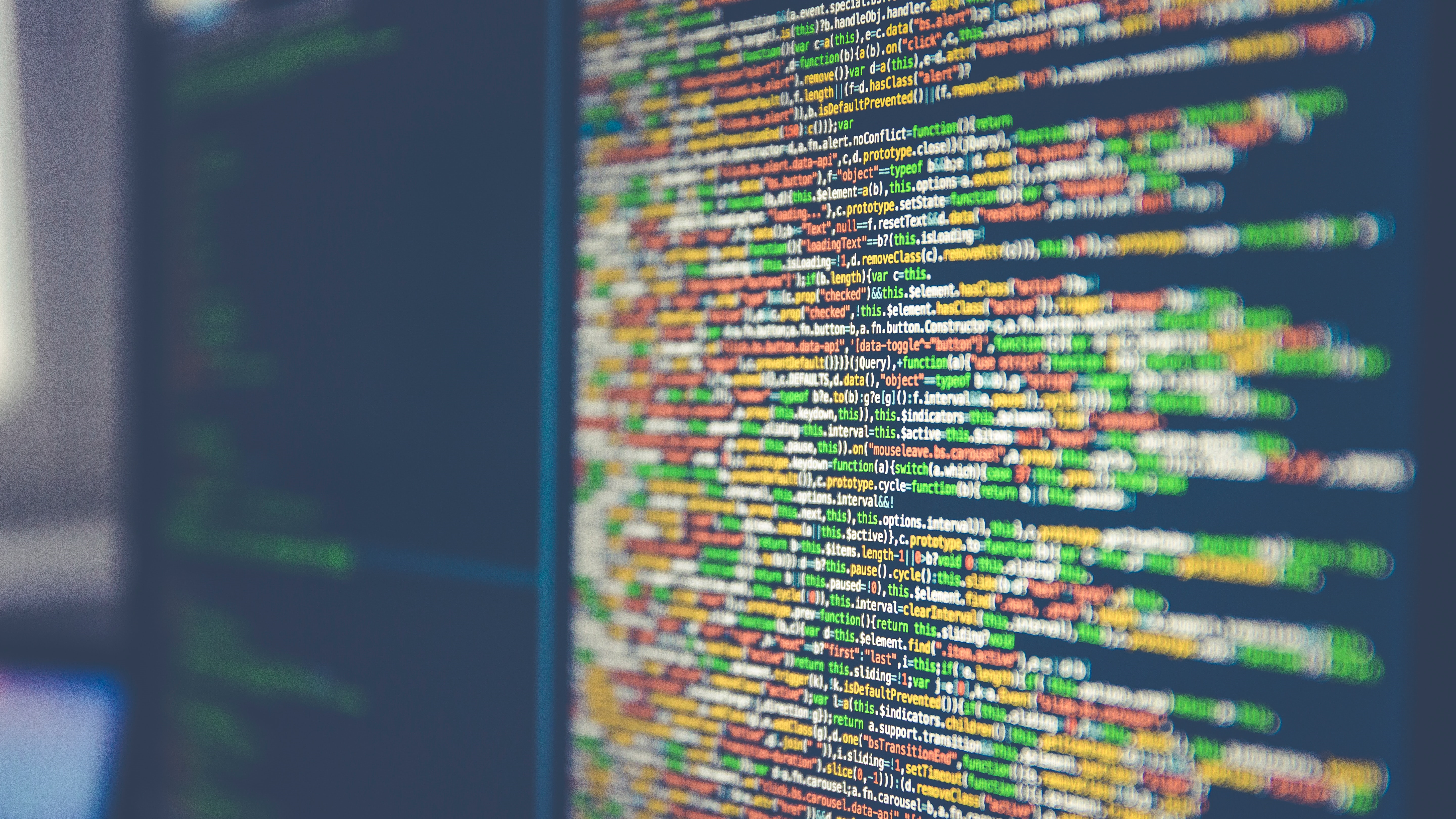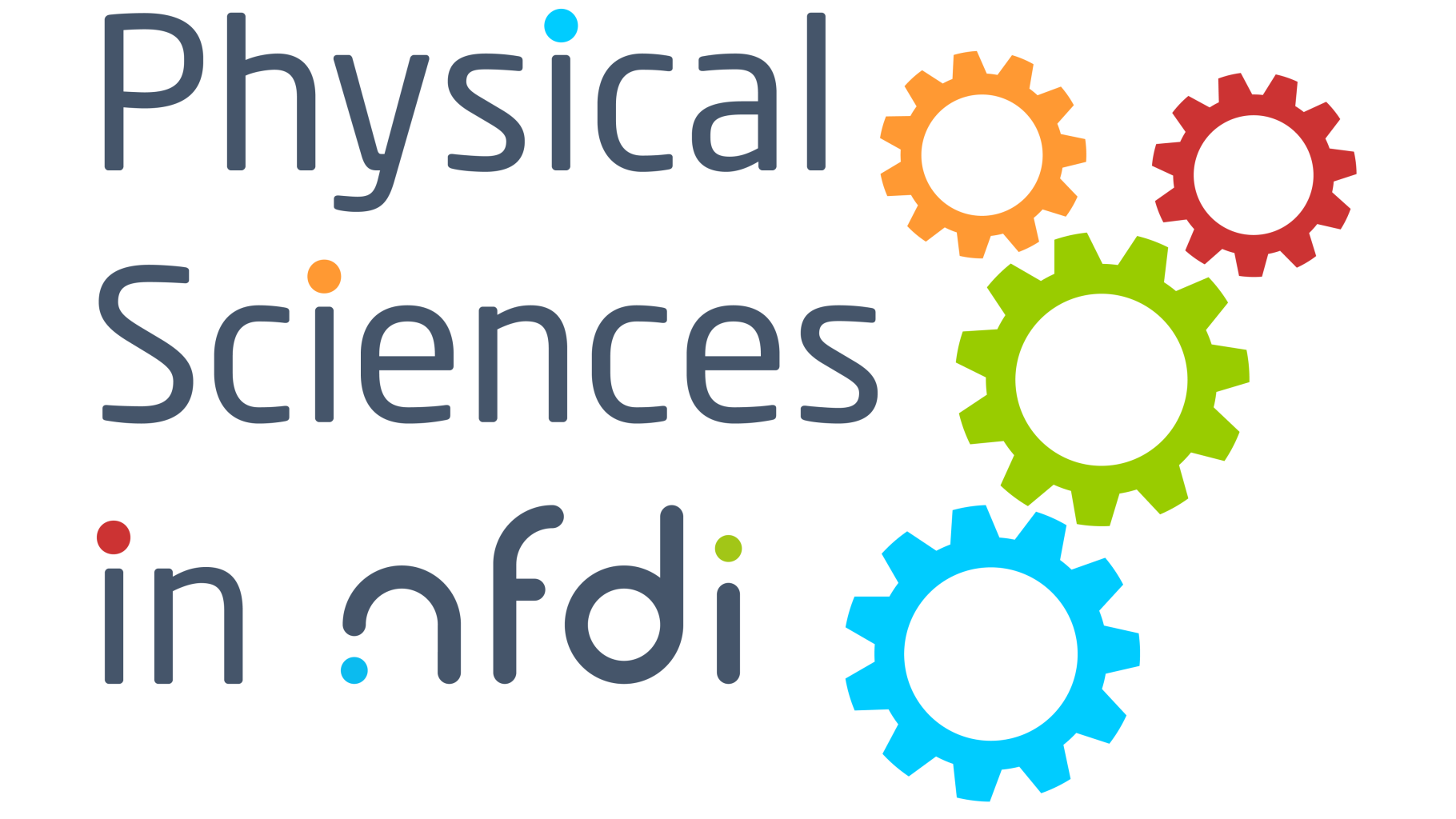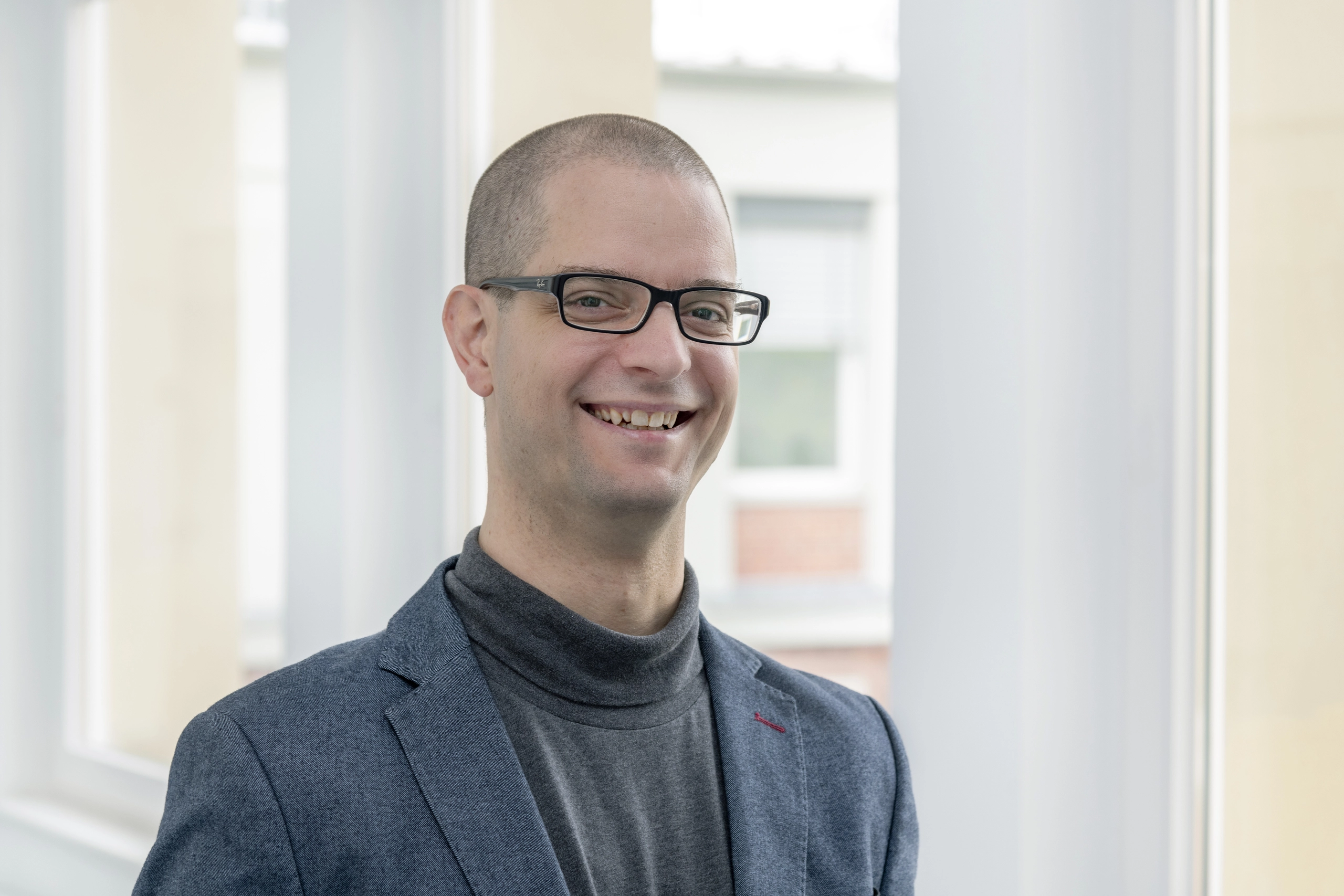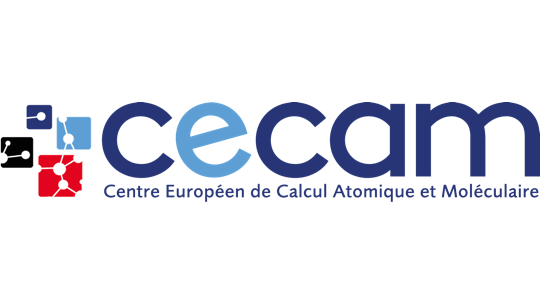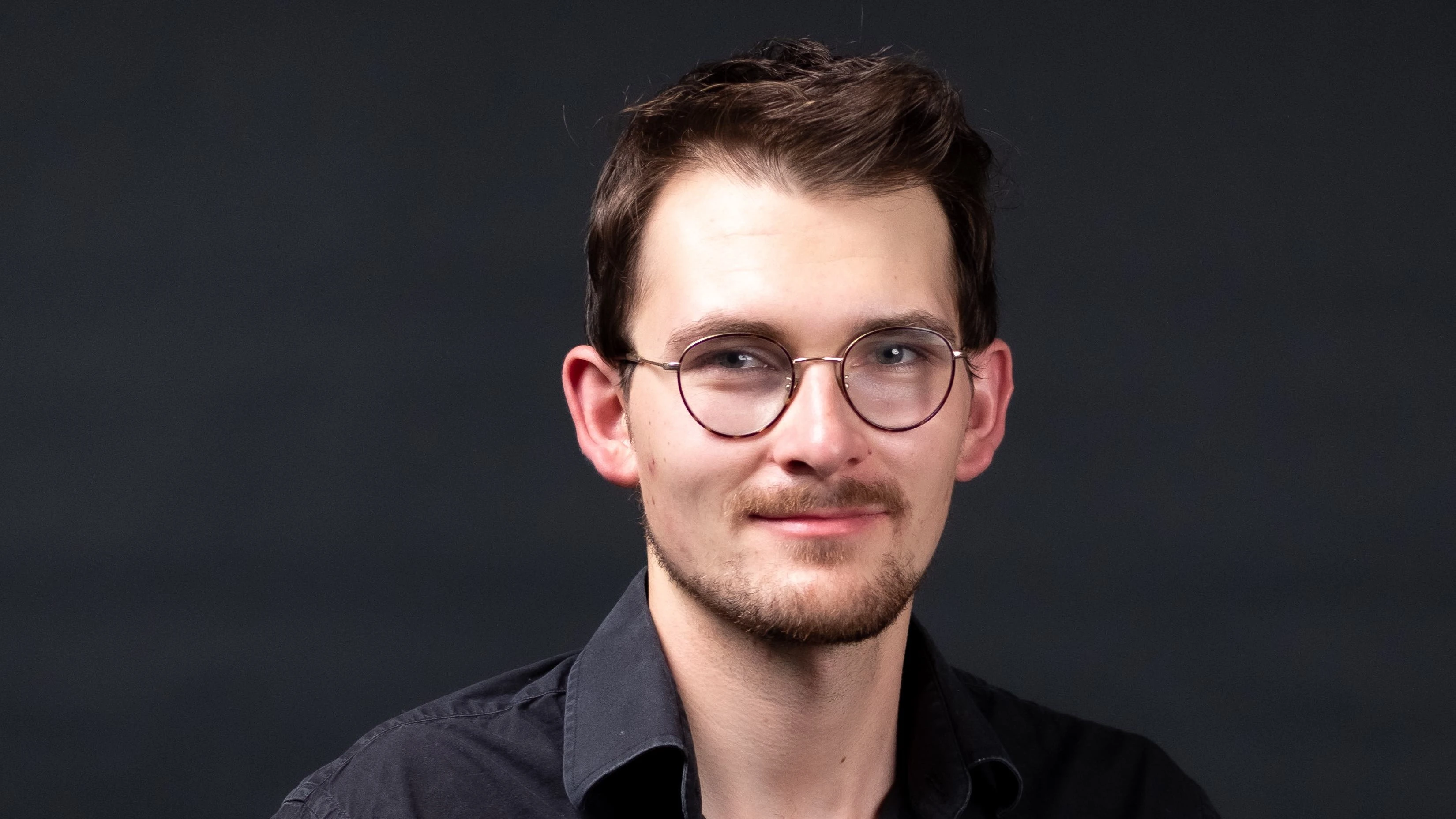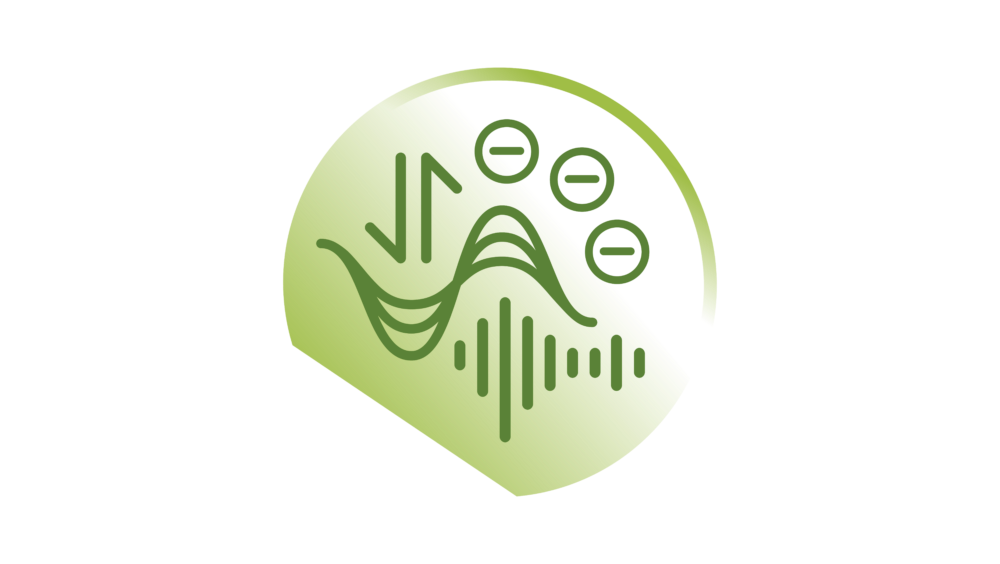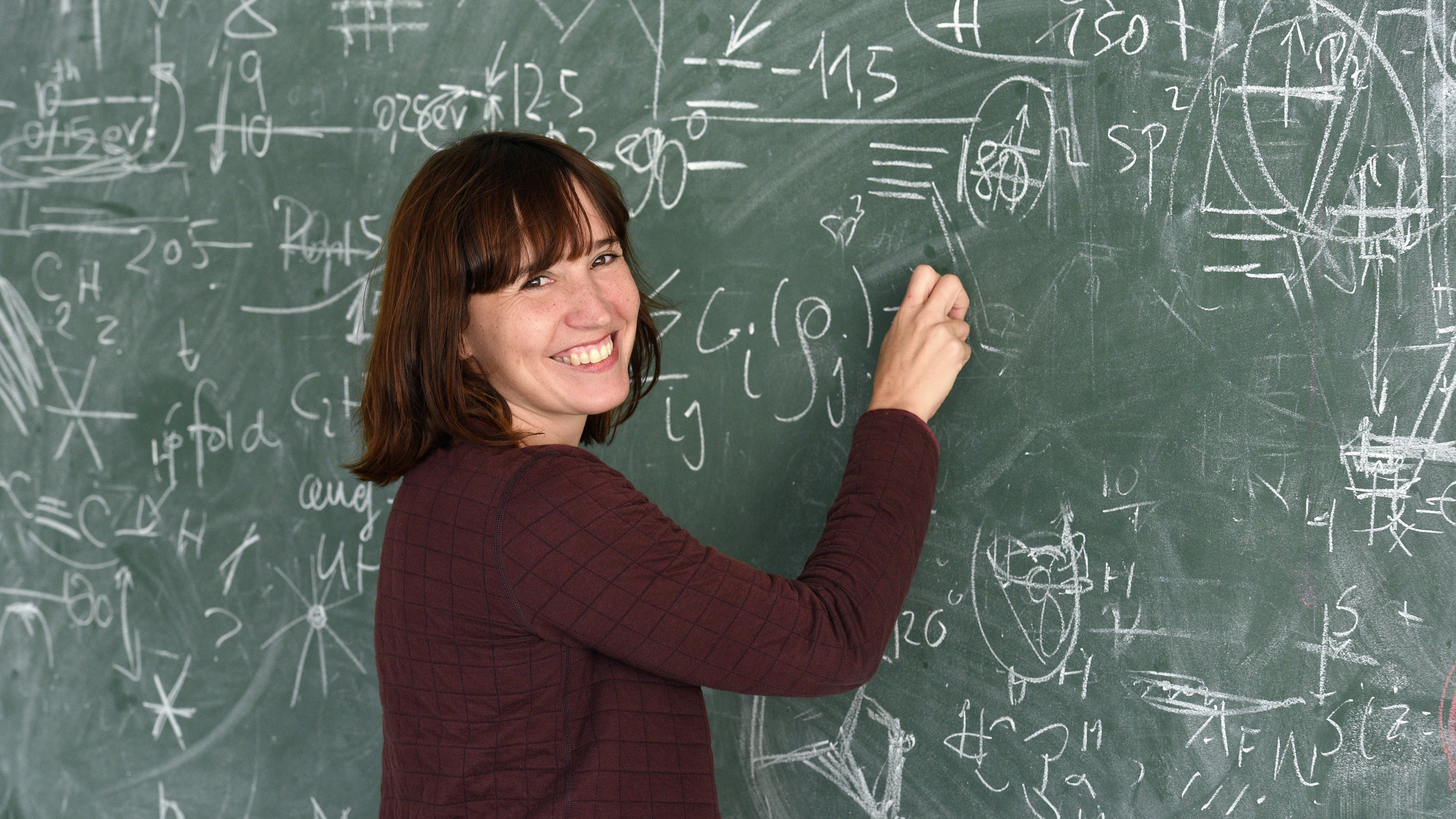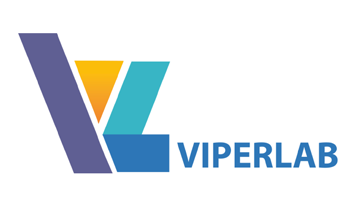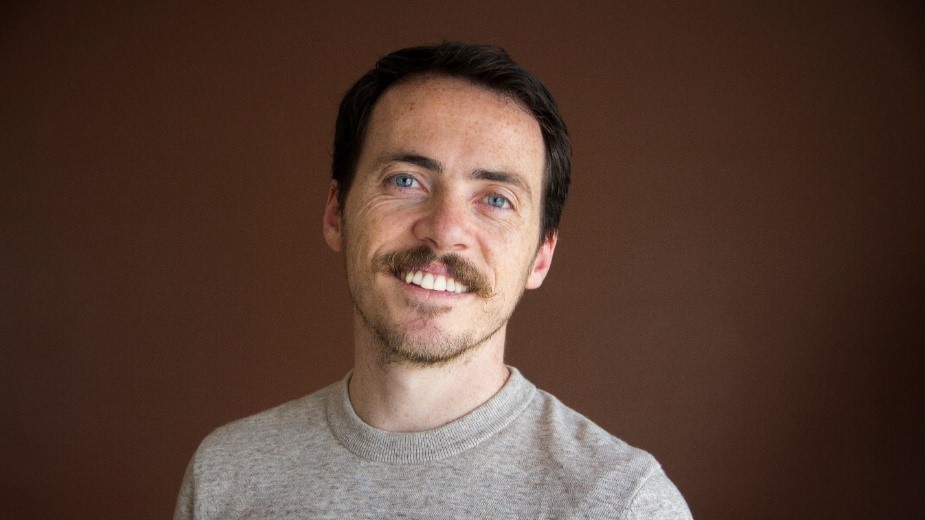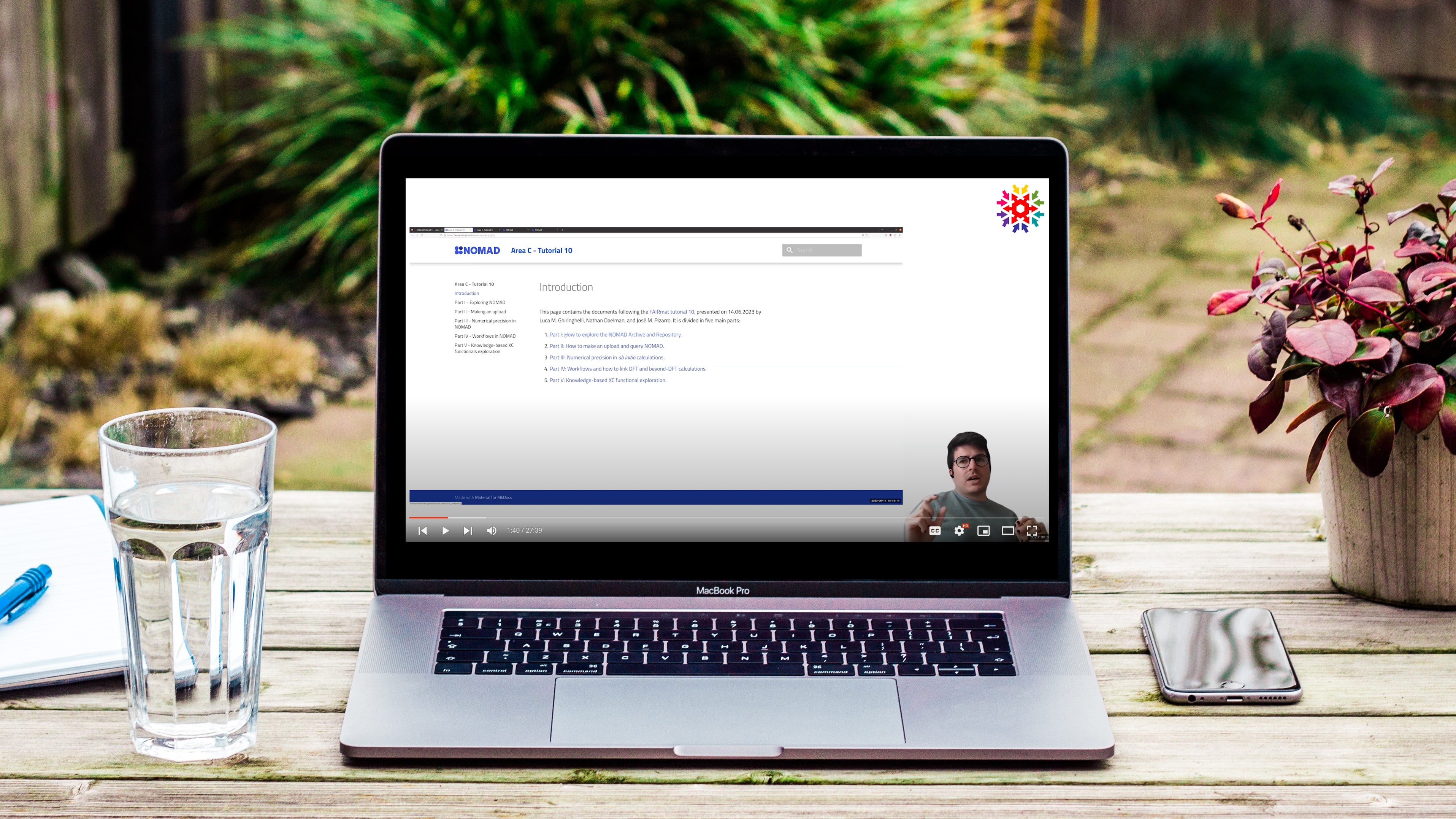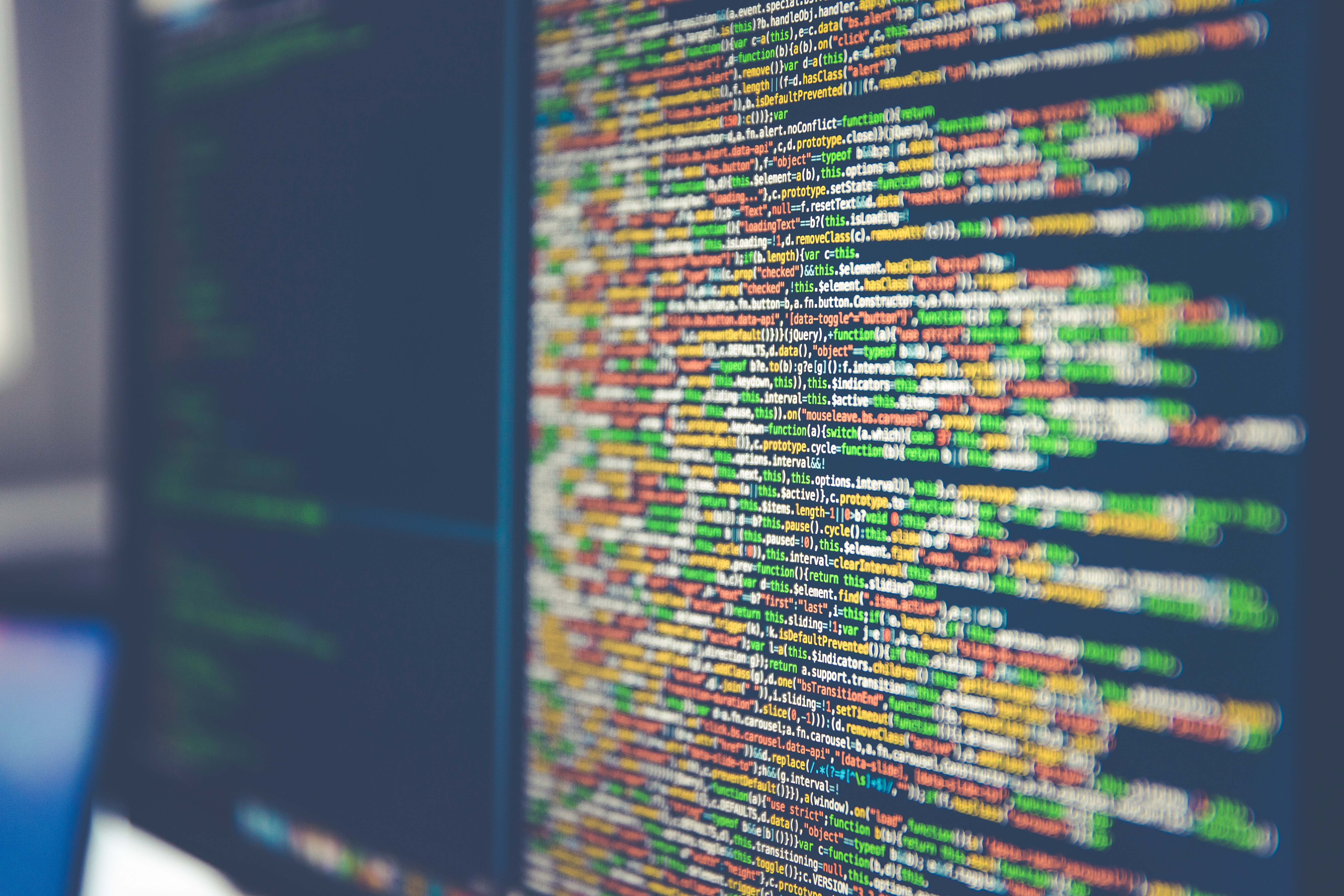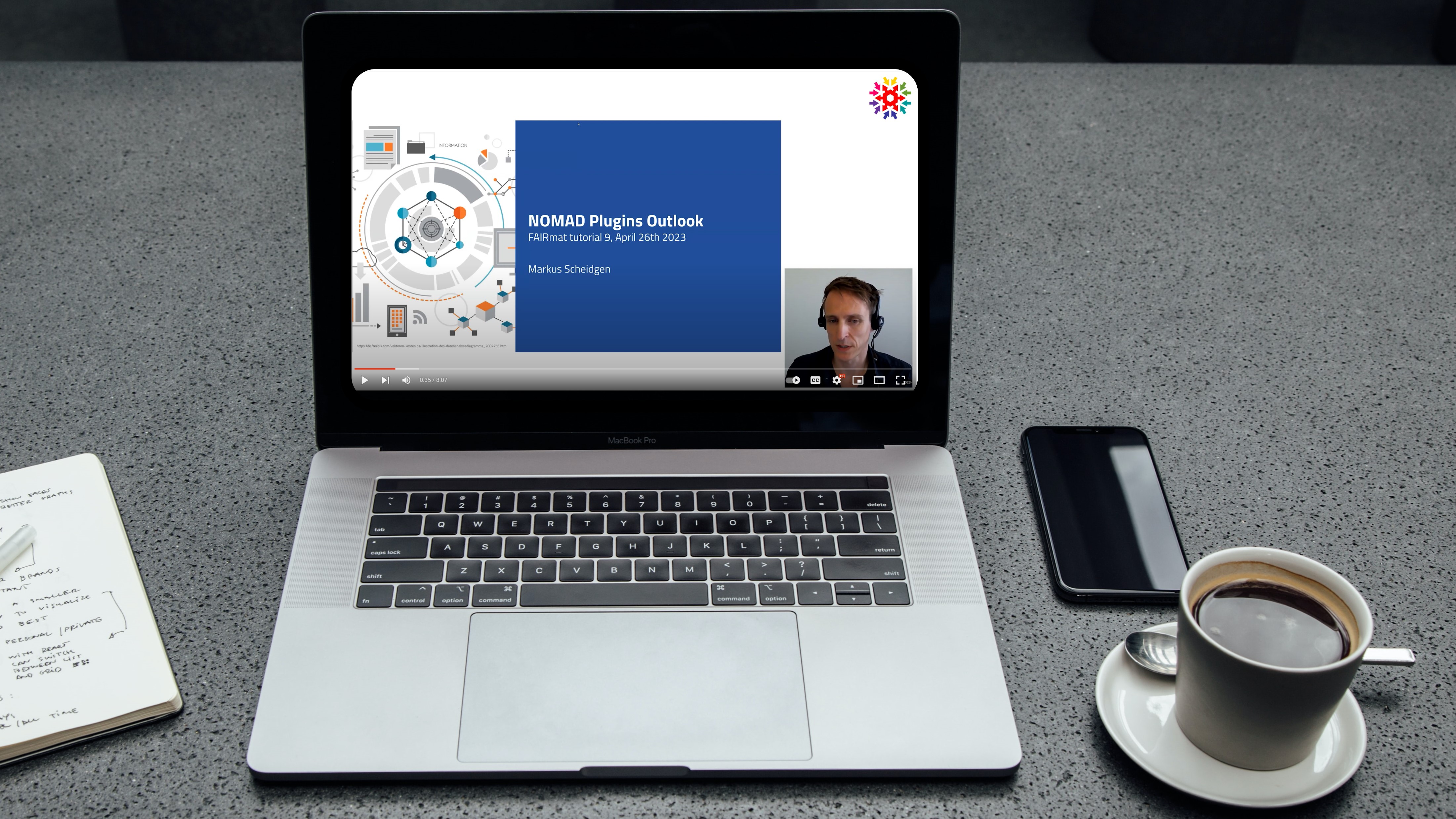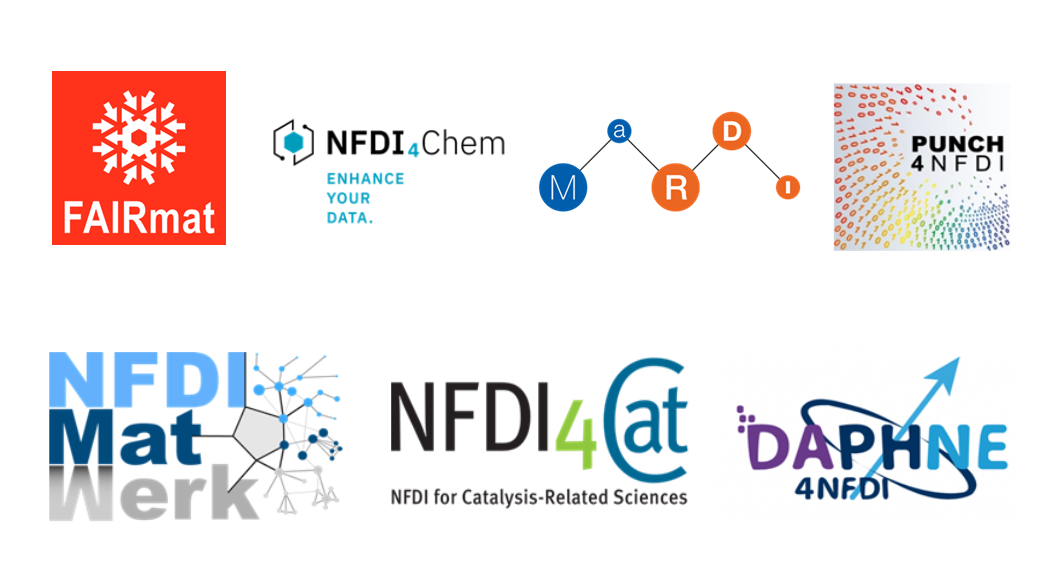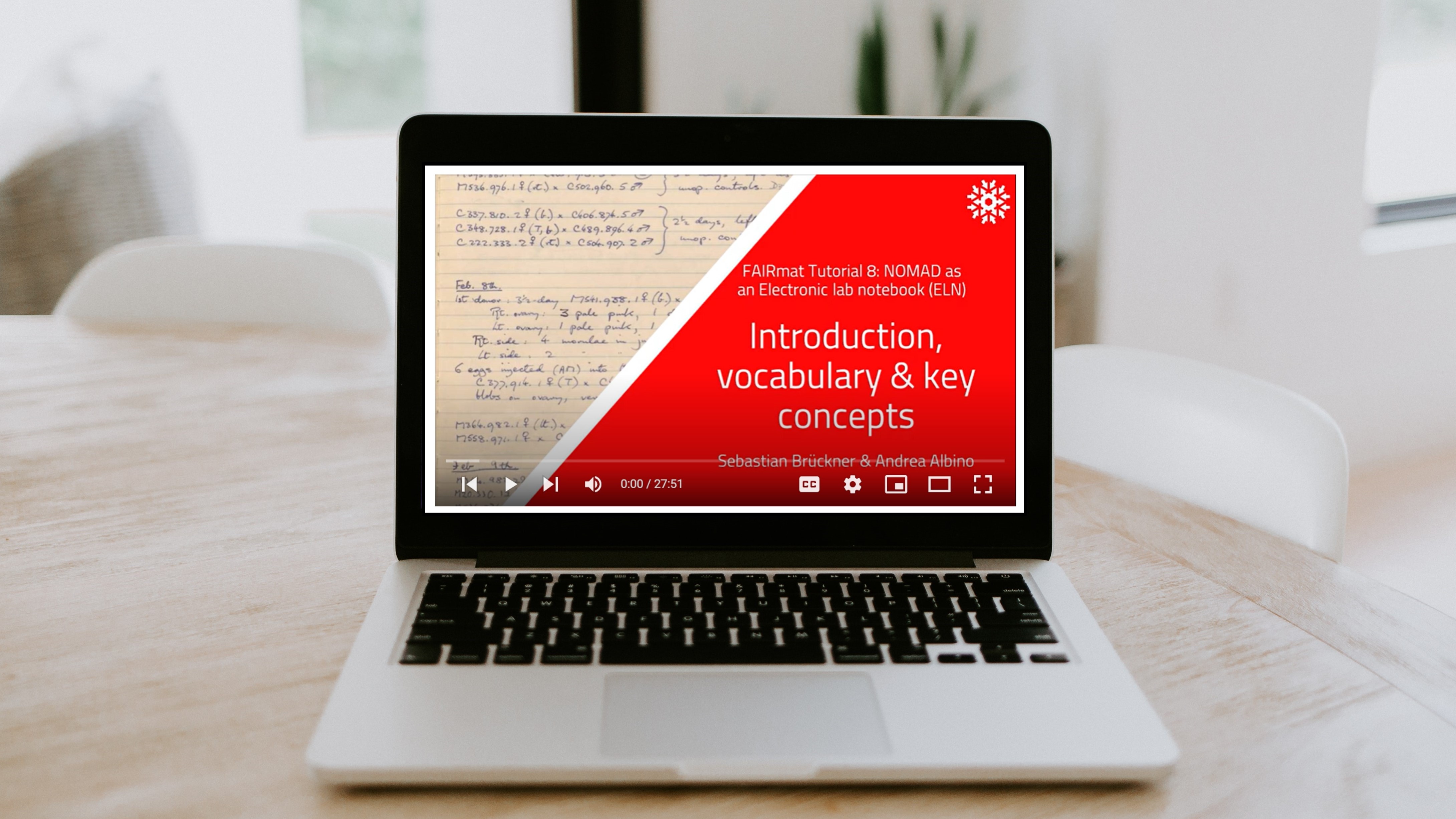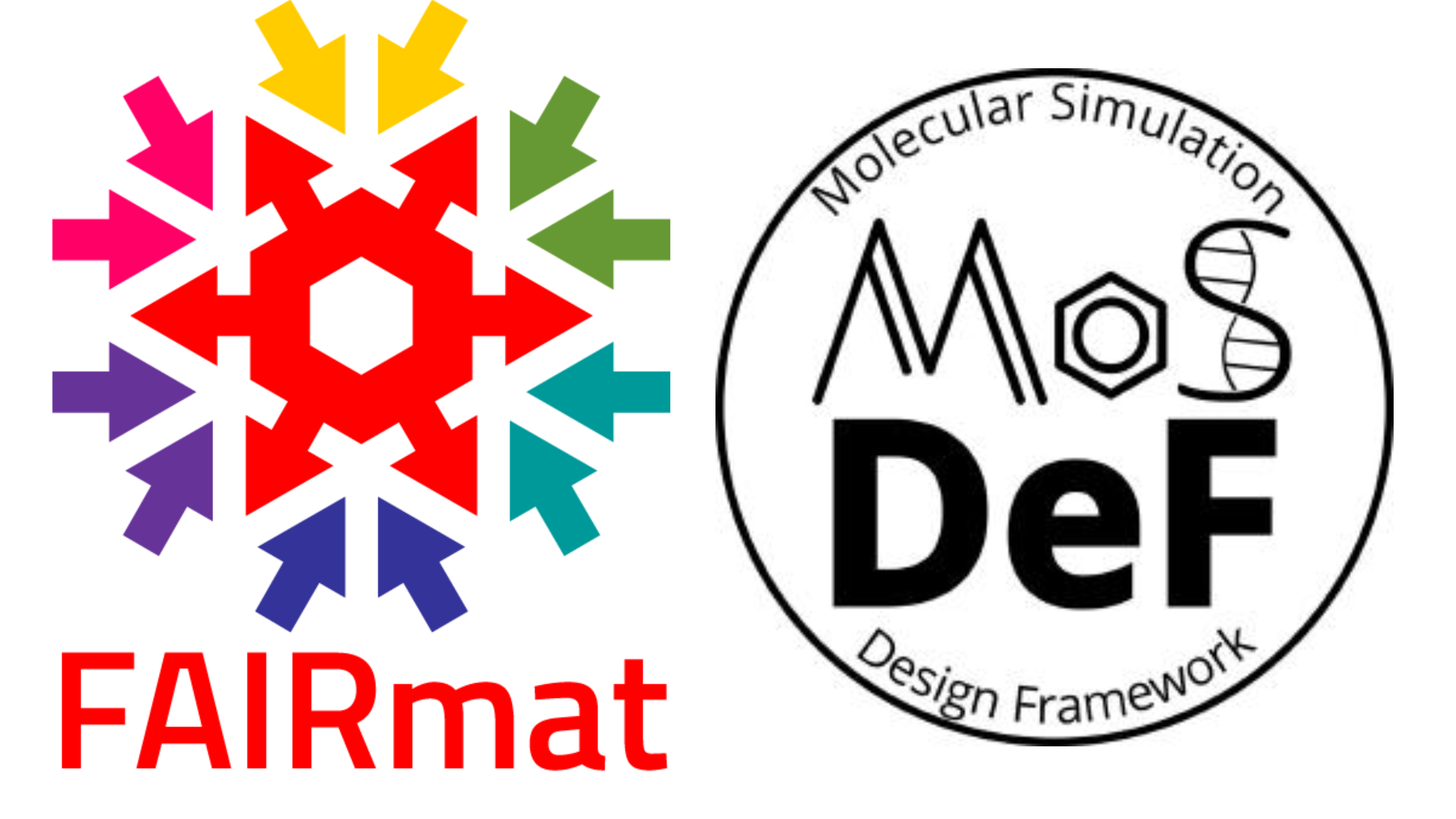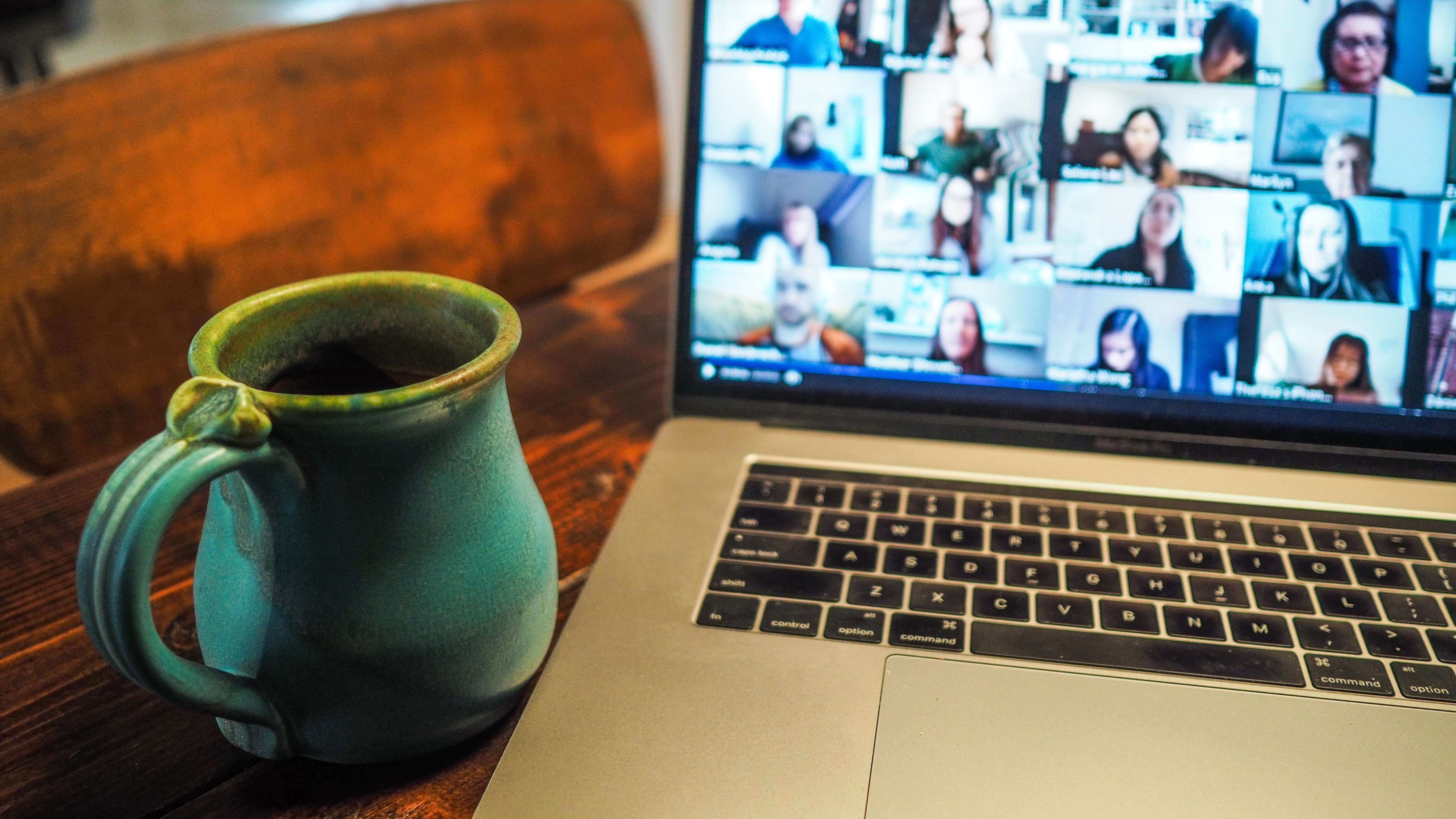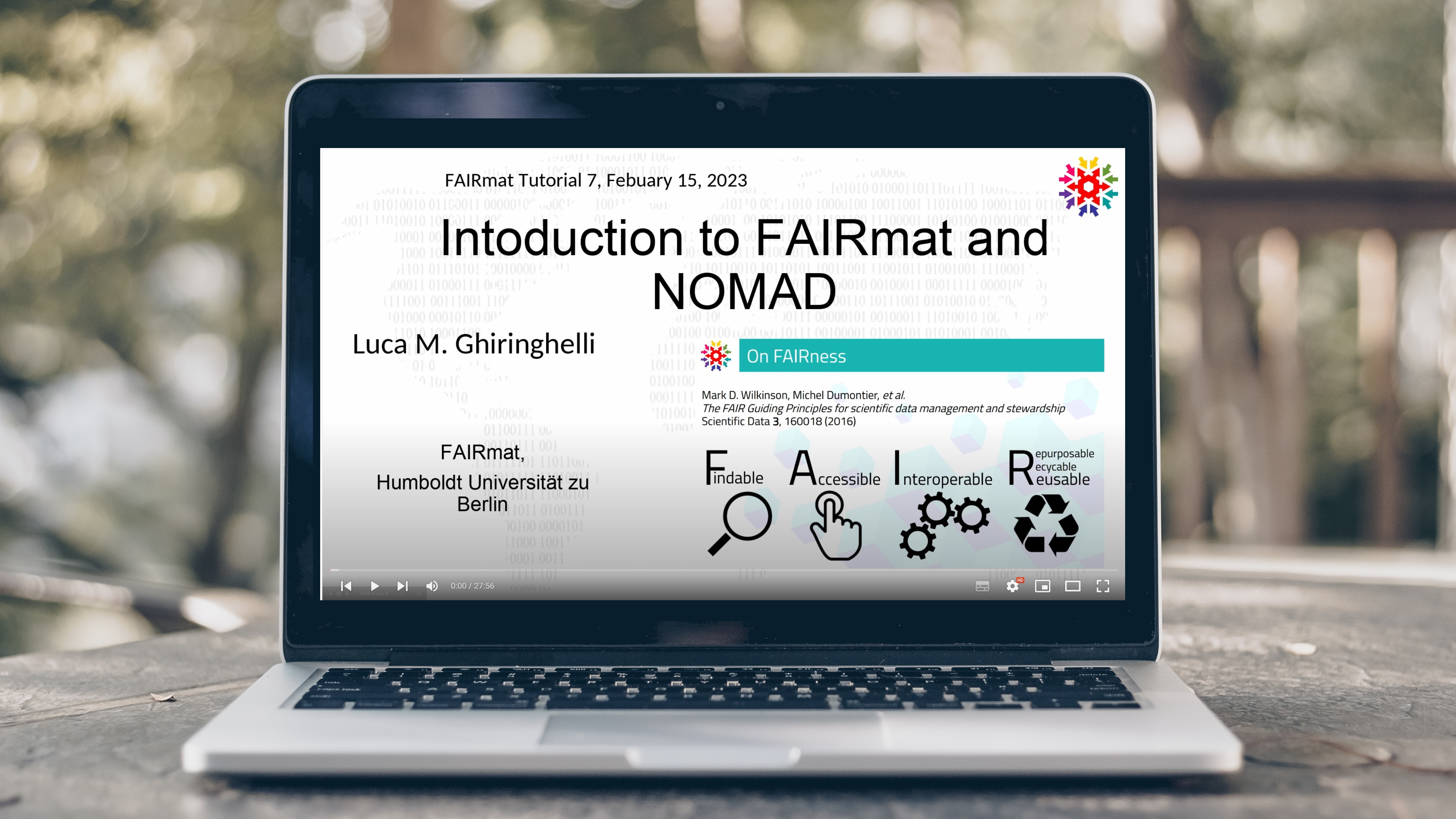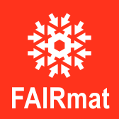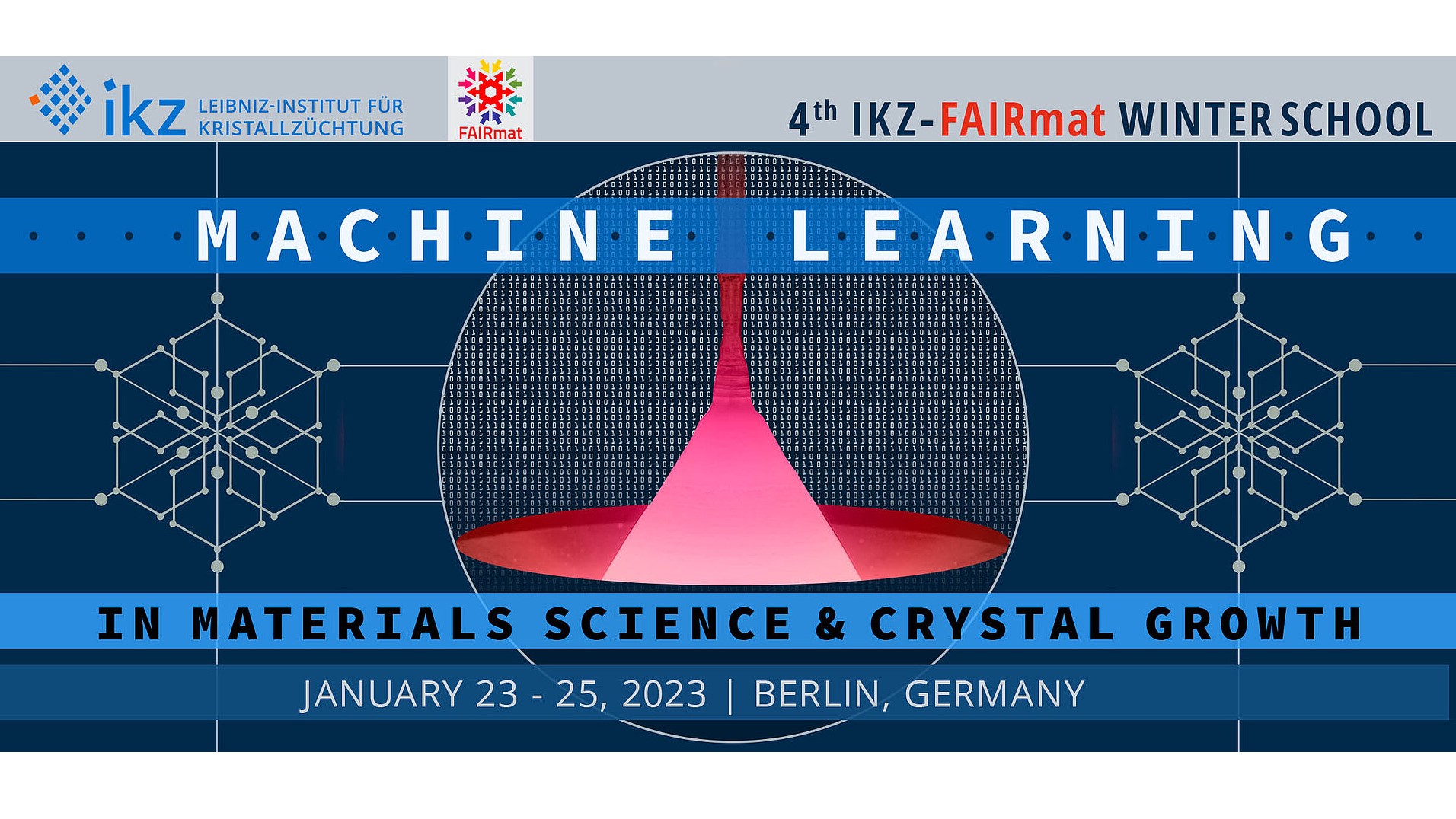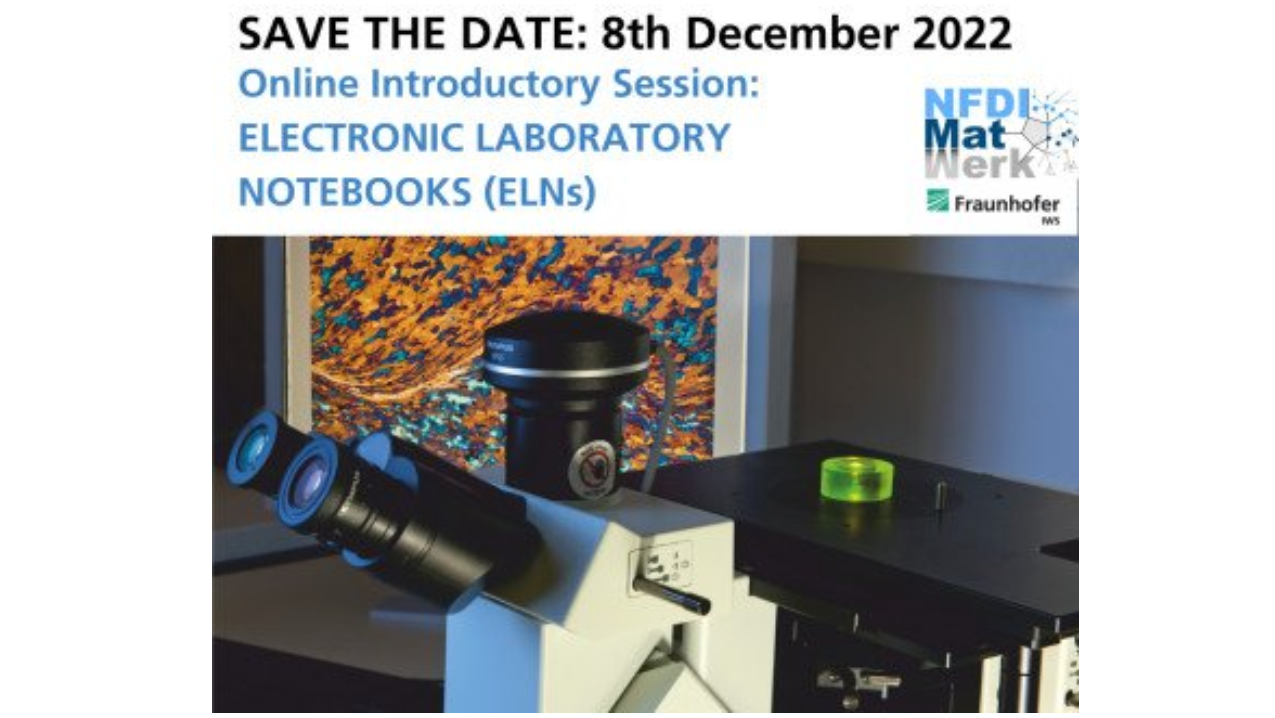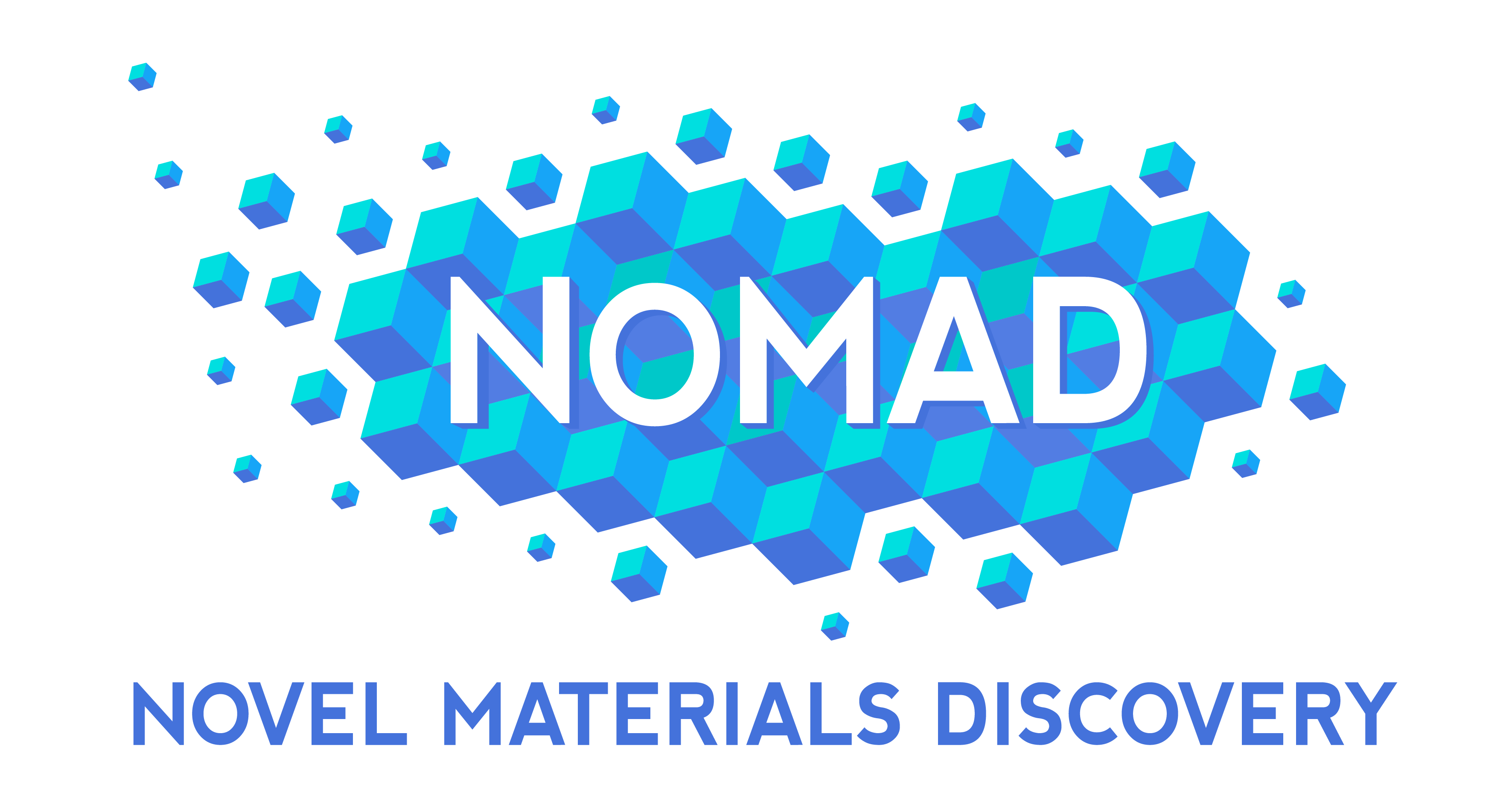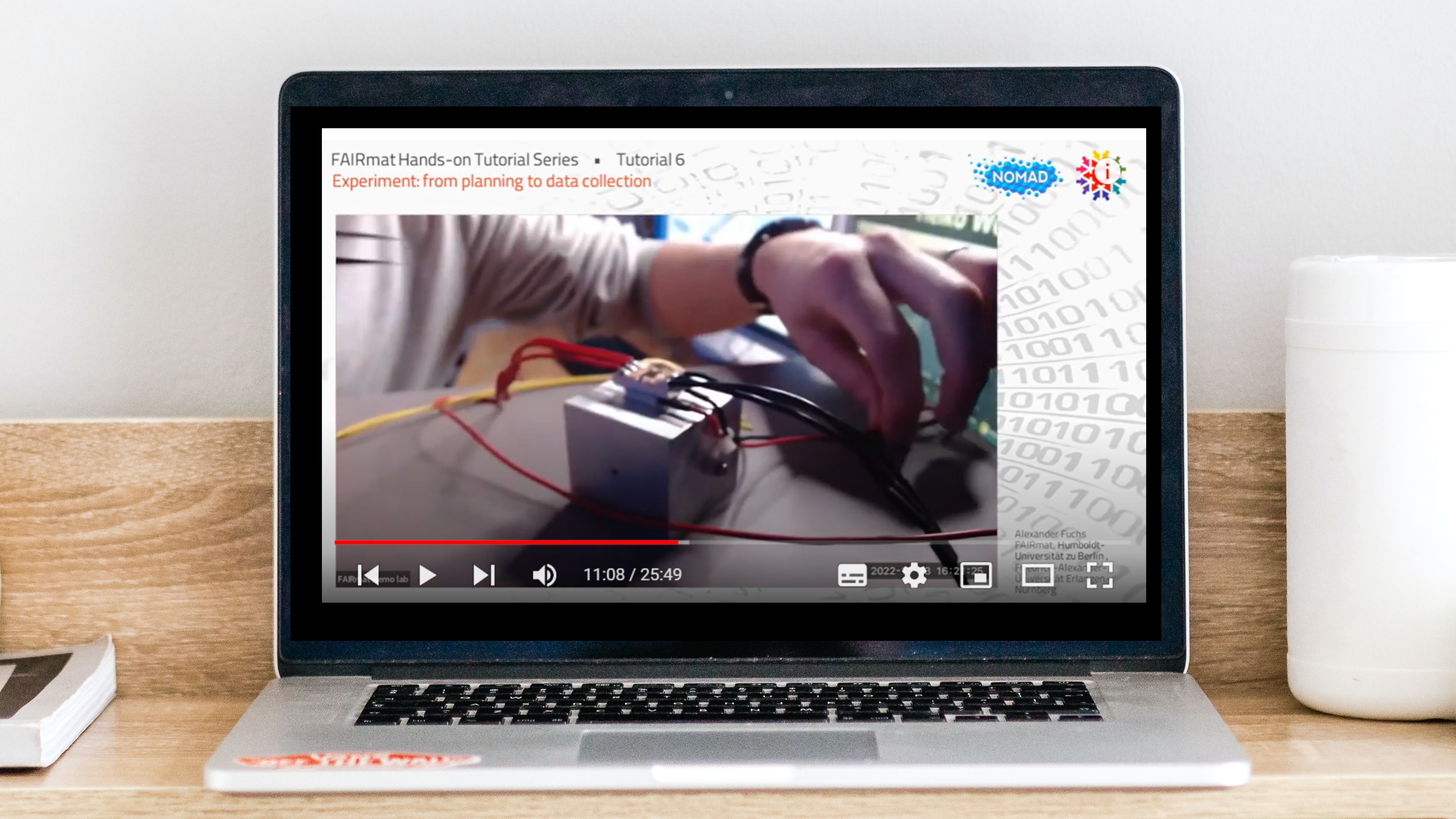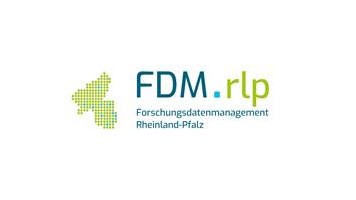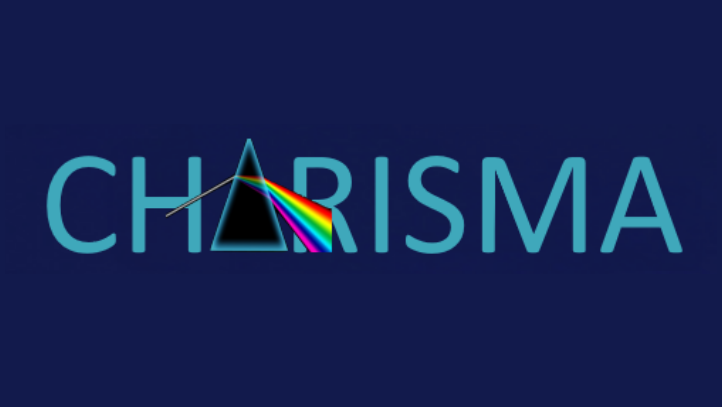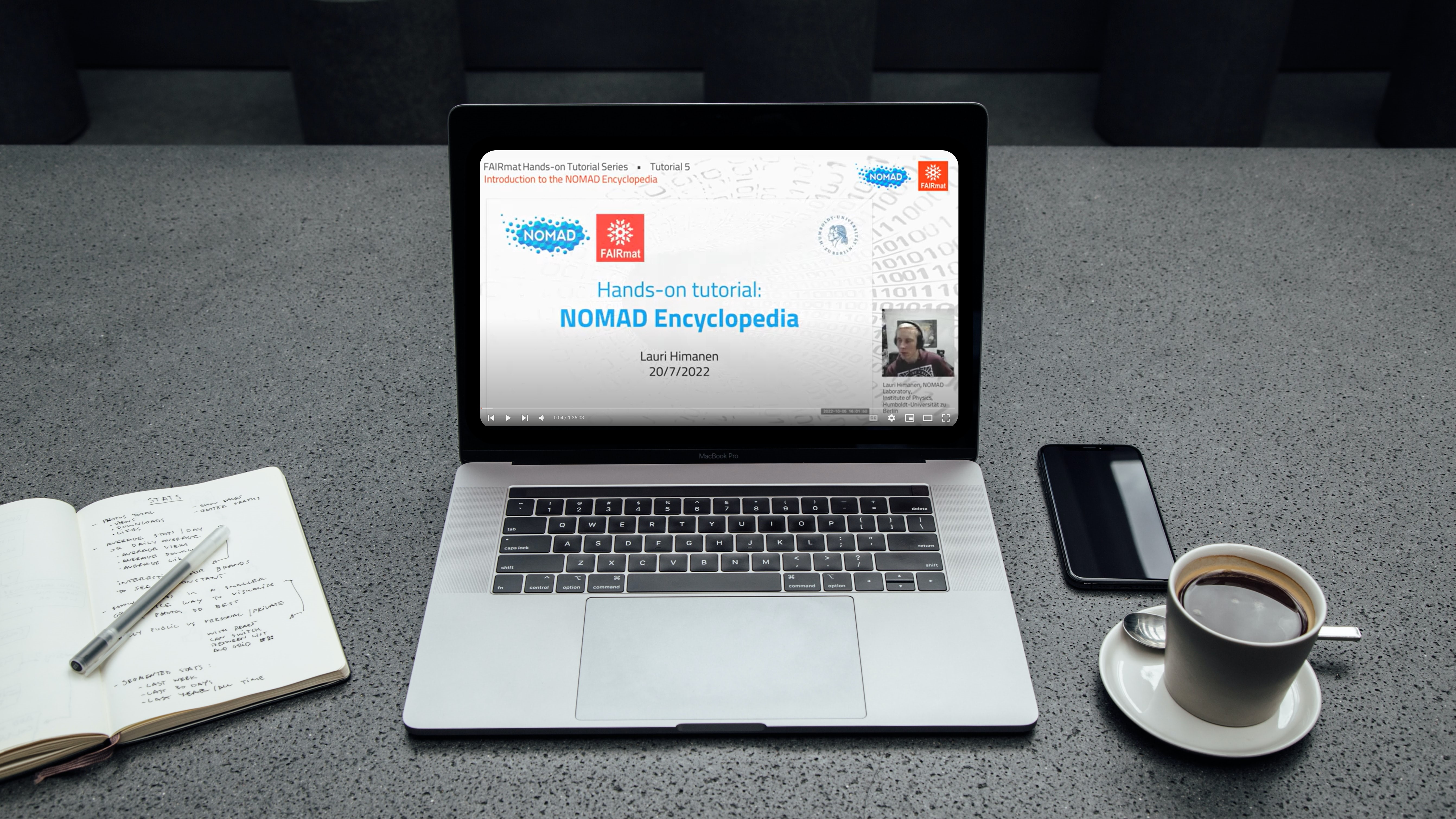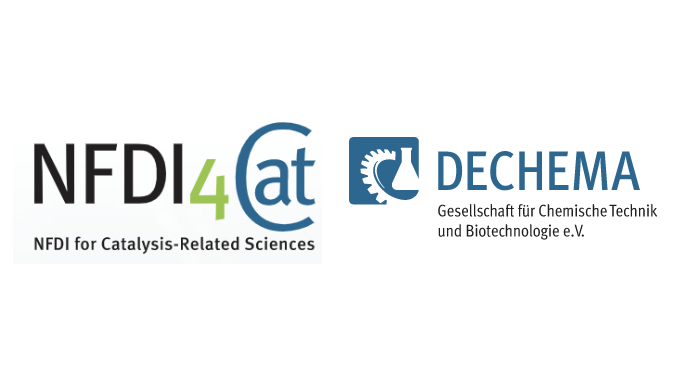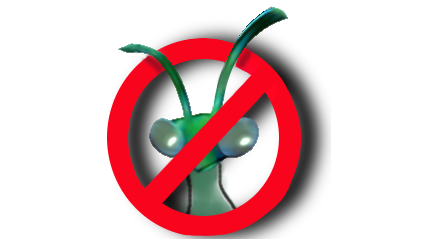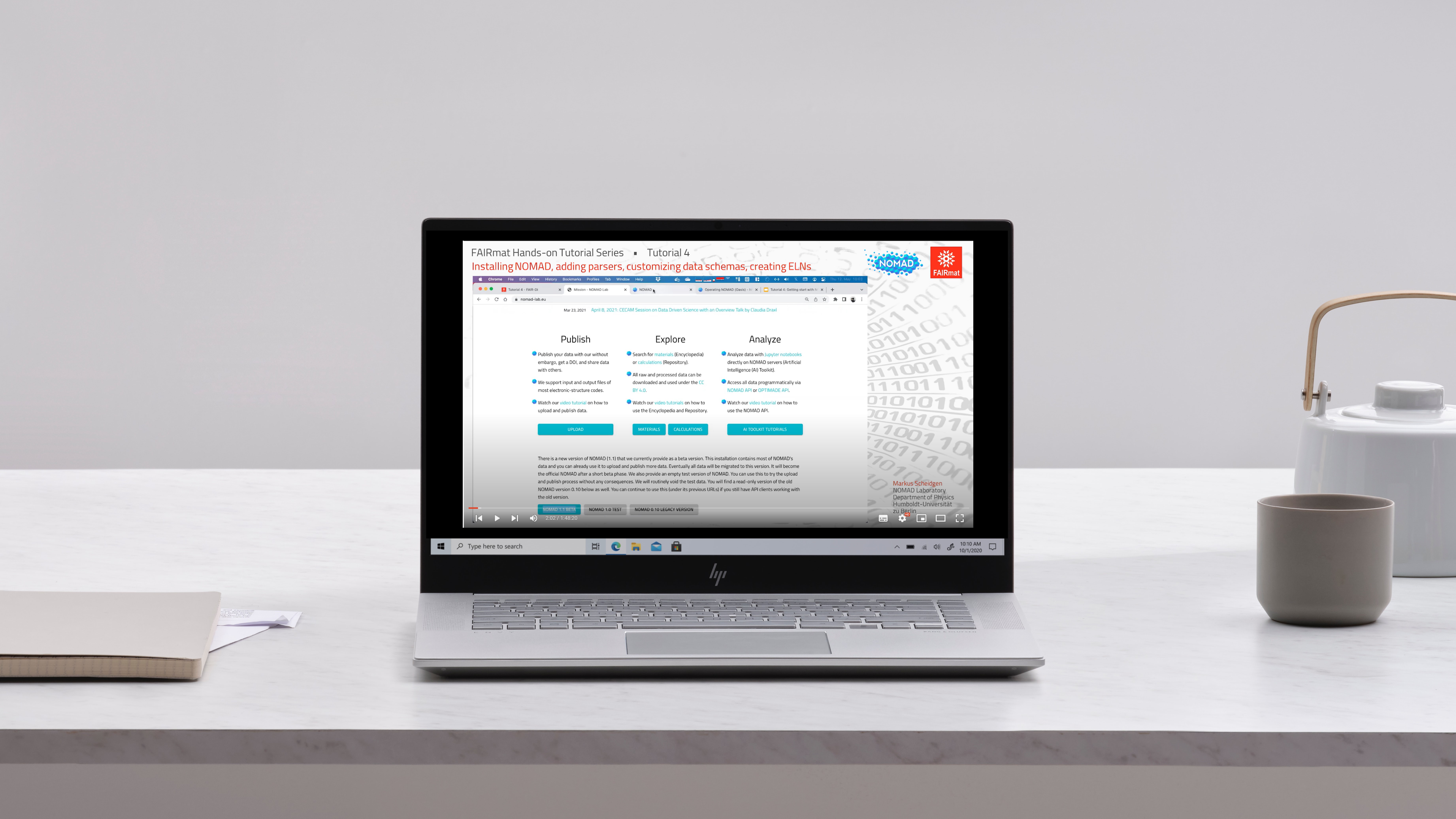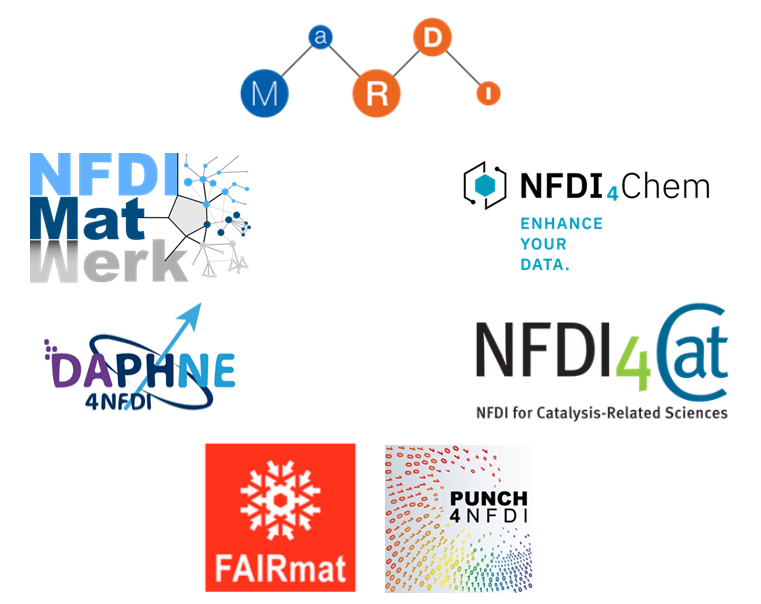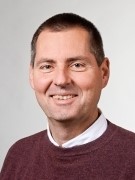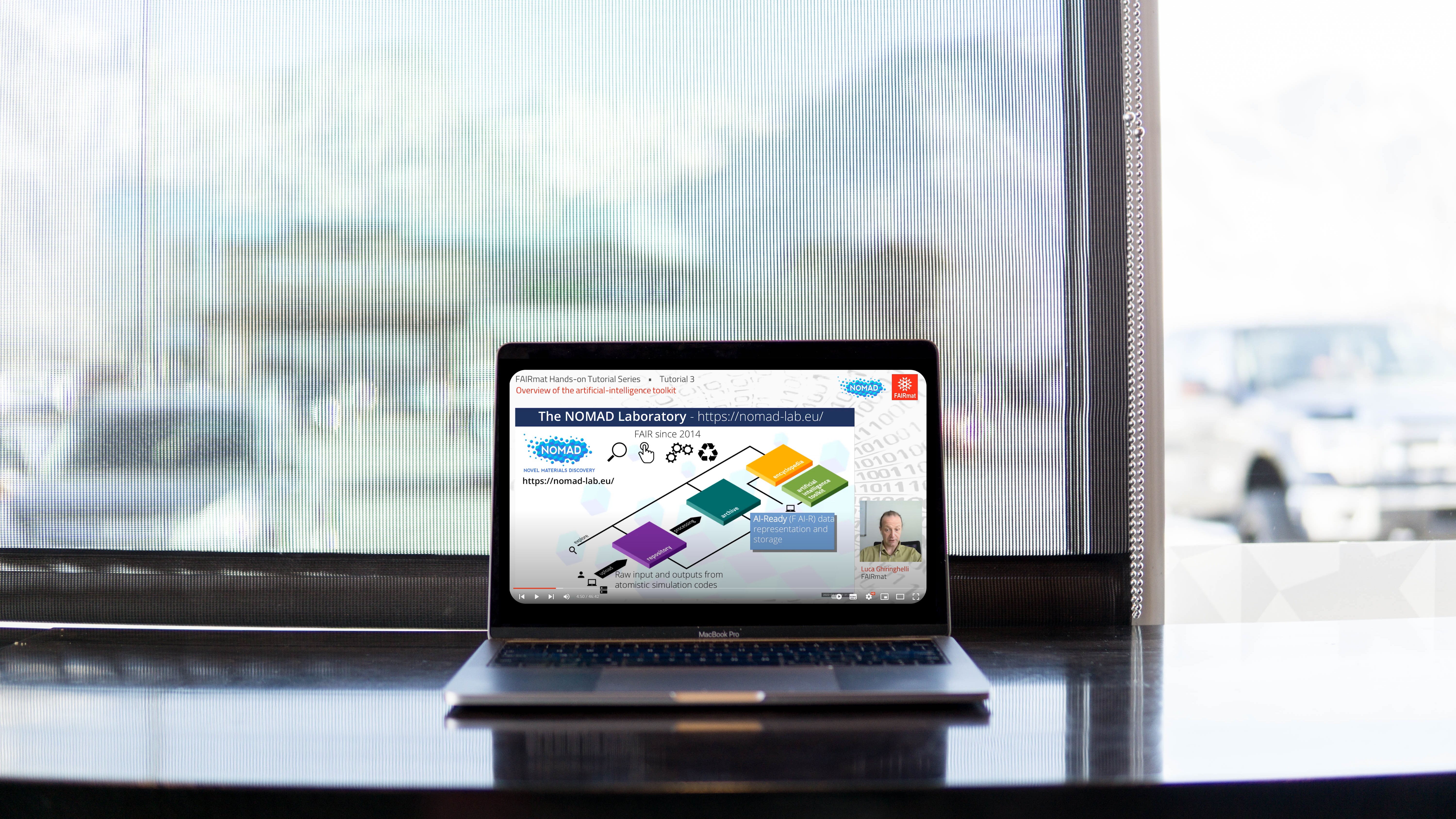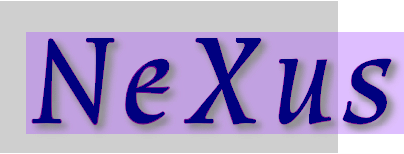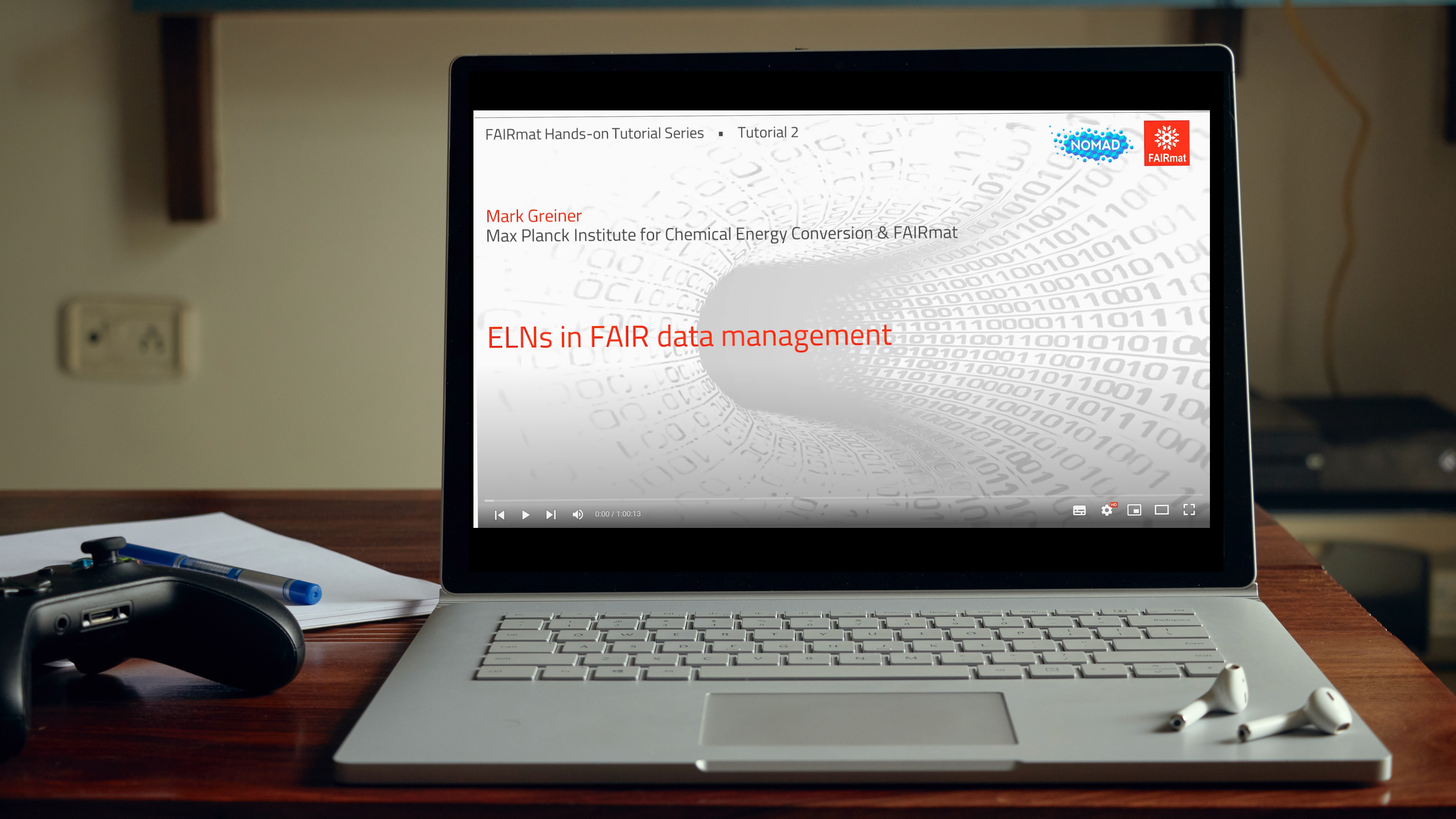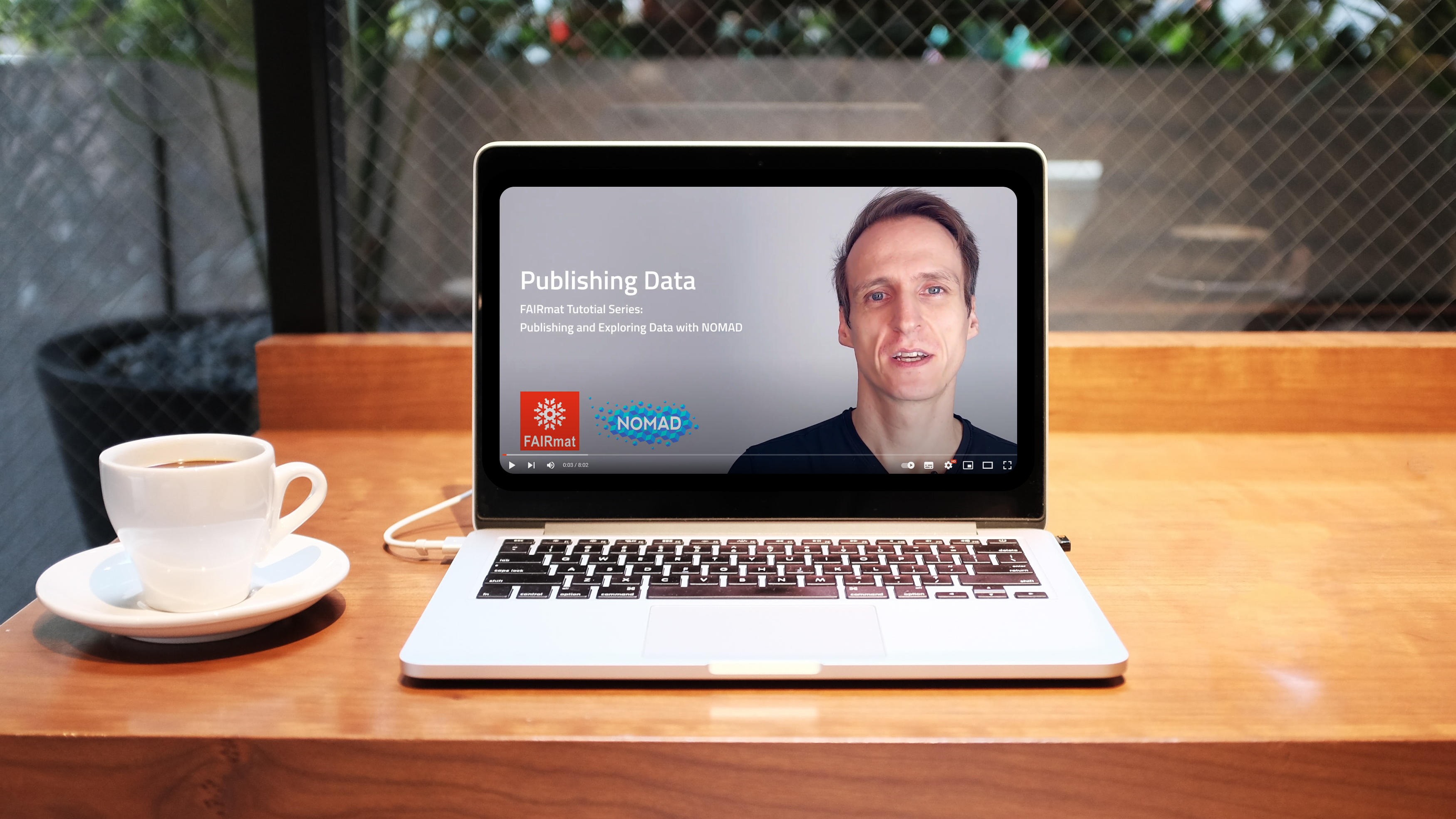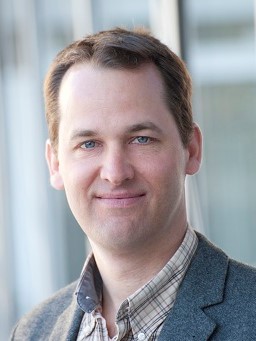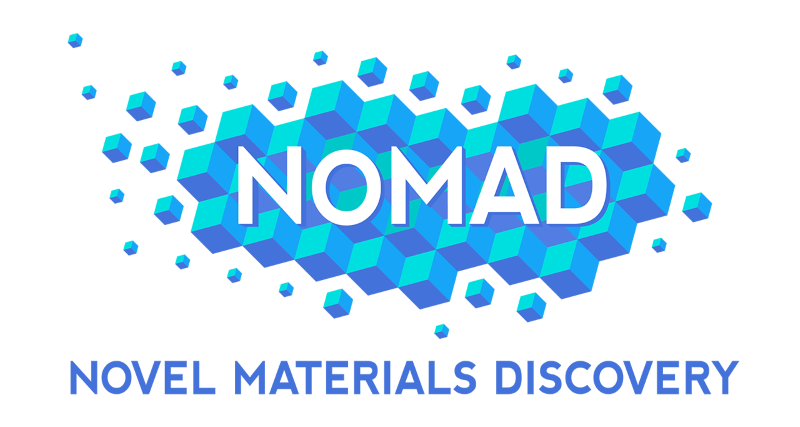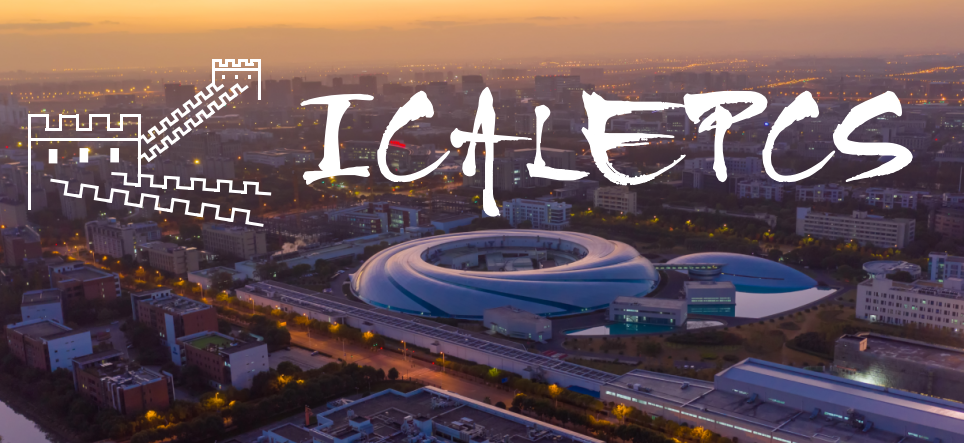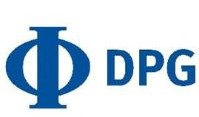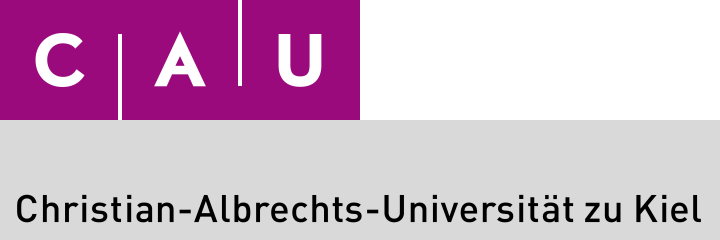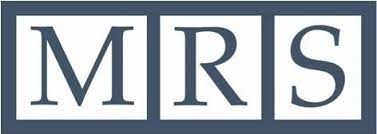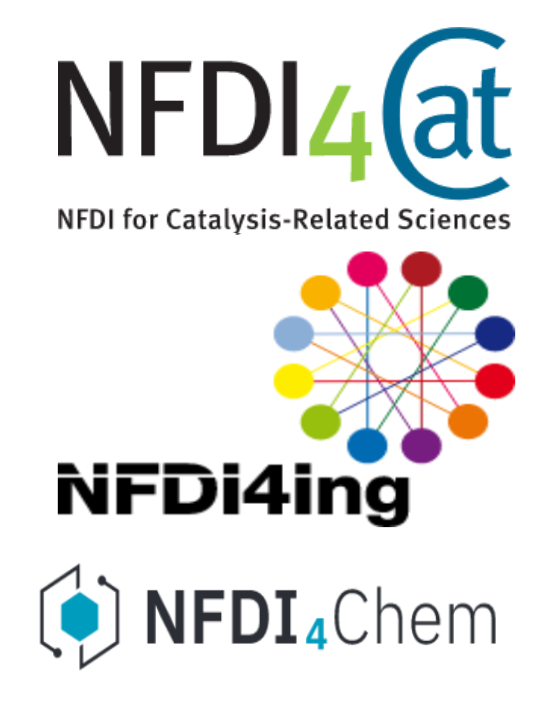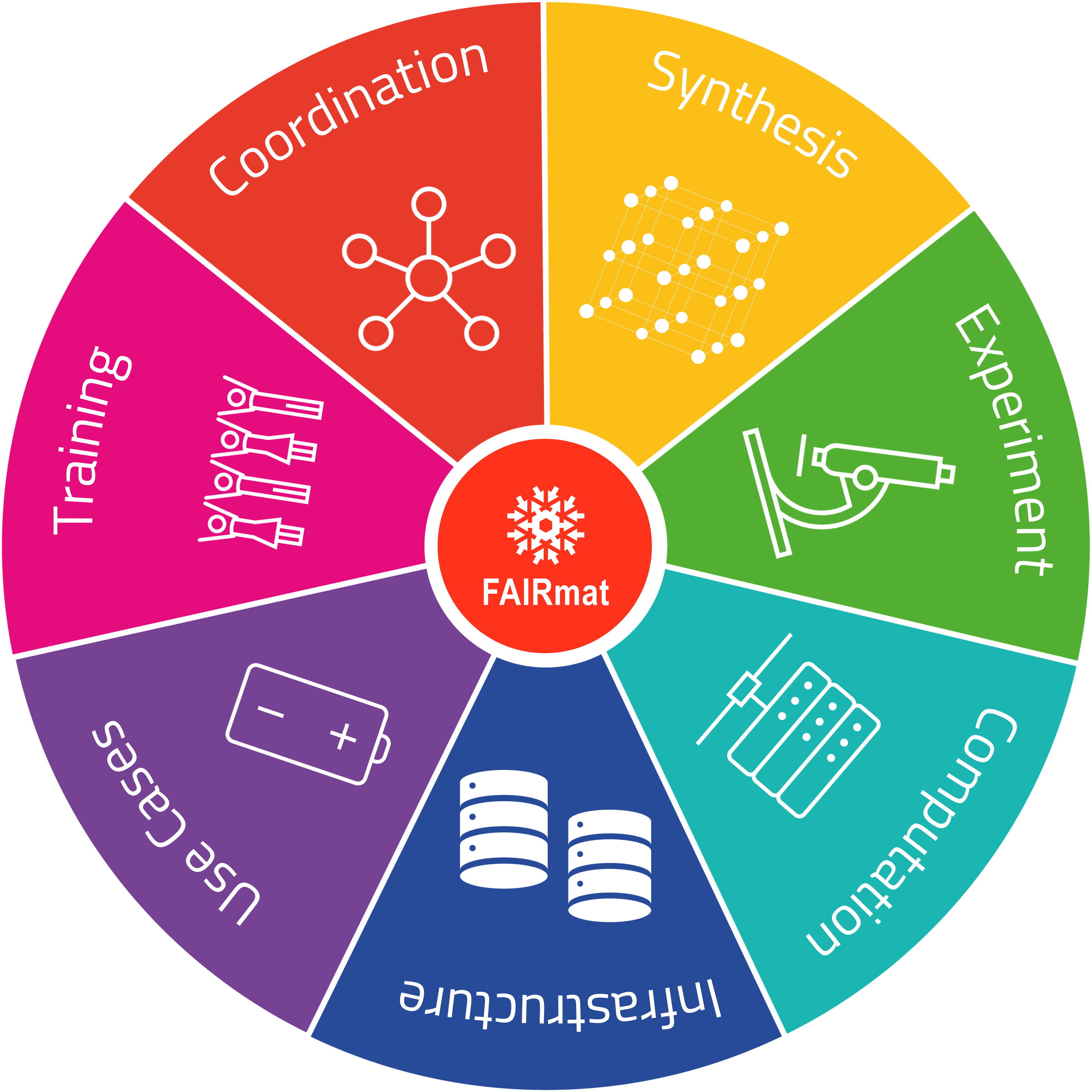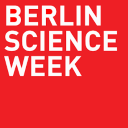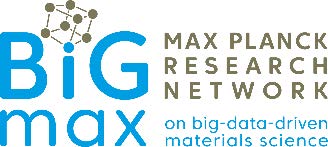2024
The aim of this program is to bring together a diverse scientific audience, both between scientific fields (physical sciences, materials sciences, biophysics, etc) and within mathematics (mathematical modeling, numerical analysis, statistics and data analysis, etc), to make progress on key questions of materials informatics. Applications received by January 1, 2023 will be given first priority for consideration.
The DPG Spring Meeting of the Condensed Matter Section (SKM) will take place on March 17 - 22, 2024, on the Technische Universität Berlin campus.
FAIRmat will be presented with a variety of contributions. Get an overview here.
For the second time, the FDO2024 conference will bring together crucial science and industry researchers, technologists, data stewards and managers, and policymakers engaged in advancing FAIR Digital Objects (FDOs). This conference will focus on practical implementations of the FDO concept and the enormous challenges of creating an interoperable, stable and persistent global domain of digital data.
The significant events of the conference and the associated events will occur in the Museum für Naturkunde Berlin facilities and the DIN standardization organization.
Love Data Week is an international week promoting research data and research data management. The upcoming Love Data Week will be celebrated worldwide from February 12 to 16, 2024, with the motto "My Kind of Data." Read here to learn more about all events in the German-speaking region during the Love Data Week 2024.
The FAIRmat team will express their love for data and contribute with two online coffee talks on February 14 and 15, 2024, at 11:30 CET.
Celebrate the love of data with us - register here and join our talks online!
In this online tutorial we will cover the first steps with NOMAD and NOMAD Oasis. We will briefly cover the core NOMAD functionality on exploring, uploading, sharing and publishing data with NOMAD. We will then explore options for creating your own schemas and plugins to support new file formats and create custom electronic lab notebooks (ELNs), we show ways to customize an NOMAD Oasis, and how to contribute to the development of NOMAD and its ecosystem.
The tutorial includes an introduction talk about NOMAD and FAIRmat, including the latest changes and features in NOMAD. This is followed by a practical follow along session, where we go through a Jupyter notebook that demonstrates how to use NOMAD for managing custom data and file types. Based on a simple given dataset, we show how to model the data in a schema, do parsing and normalization, process data, access existing data with NOMAD's API for analysis, and how to add visualization to your data.
X-ray Absorption Spectroscopy (XAS) gives unique information about the chemical state of materials. Highquality XAS data requires well-prepared samples and access to valuable synchrotron beamlines or state-ofthe-art laboratory sources, XAS data is a rare and valuable commodity. Well-maintained databases of XAS spectra on both standard reference materials and samples then become important for the synchrotron and scientific communities, both for individual researchers and for automated machine-learning methods. Enabling the automated use of spectral libraries requires curated and documented formats and metadata fields for the spectral data. I will present existing XAS spectral libraries and formats, and report on progress from a Working Group from the XAFS community towards standardizing metadata and defining specifications for both plain text and NeXuS/HDF5 formats for XAS data.
How can diversity and equality be increased in the physical sciences? Is it even still necessary or have we already achieved equality, for example with respect to gender? Which measures were taken within the individual scientific communities and what were the outcomes? And which situation do we encounter in infrastructure projects such as the various NFDI consortia?
Sonja Herres-Pawlis (NFDI4Chem) will share her experiences on the situation of diversity within chemistry in a keynote talk.
Afterwards, we invite you to join the discussion on these and more questions related to diversity, equality and equity in order to exchange experiences and discuss new ideas.
Click here to access the meeting!
Following up on our first workshop in May 2023, we will present the resulting improvements, further develop collaboration and plan to finalize the application definitions for photoelectron spectroscopy.
2023
The First international and interdisciplinary workshop on Capturing and Automating Science and Technology Experiments in the Laboratory.
The FAIRmat users meeting is a public event that brings together a diverse group of researchers, data scientists, and research data management professionals passionate about data infrastructures, the FAIR data principles, and their role in scientific research.
For the first time, our third users meeting will be held over two days to maximize the opportunity for interaction between our users, interested members of the public, and FAIRmat experts.
You will be introduced to the NFDI, its mission, progress, and prospects, learn about NOMAD and NOMAD Oasis from our experts, and hear about use cases from our users. The first day will conclude with a poster session. On day two, we offer interactive sessions and hands-on workshops on research data management (RDM) and using NOMAD and NOMAD Oasis.
In this interactive tutorial, we will explain the different stages of the research data lifecycle and identify the best practices for each stage. We will explore the FAIR data principles —Findable, Accessible, Interoperable, and Reusable— and provide insights into their implementation during the research process. In addition, we will introduce the concept of data management plans, which define the data management process during research projects, along with practical tips on the various components and how to comply with funder requirements.
The tutorial is divided into two sessions:
- Basic concepts and definitions of FAIR data and RDM
- Practical tips and examples for applying best practices in RDM
Different disciplines face different specific challenges, but there are also many similarities. With a focus on software tools and their application, we want to explore use cases within the different consortia and find advantages and challenges in achieving the FAIR principles across disciplines.
The following use cases will be included in the workshop:
- Introduction to the FAIR principles - Michael Liebau, NFDI4Cat
- Interactive Exploration of the Perovskite Solar Cell Research Landscape with the NOMAD's Solar Cell App - José Márquez, FAIRmat
- Electronic Lab Notebooks: Chemotion - Benjamin Golub, NFDI4Chem
- NOMAD CAMELS - Alexander Fuchs / Michael Krieger, FAIRmat
Join us for the FAIRmat seminar on September 28, 2023 at 11:00, in IRIS Adlershof (Berlin) and online, with speaker Brian Richard Pauw (Bundesanstalt für Materialforschung und -prüfung).
The FAIRmat consortium and MOSDEF group are holding a CECAM flagship workshop to highlight efforts towards FAIR data management for molecular simulations and to discuss standardization of metadata and interoperability within the community. The speakers represent a range of perspectives including FAIR-data-type projects and consortia as well as developers of simulation engines. There will also be proposals for metadata schemes / ontologies as well as research talks focusing on curating and usage of large datasets.
Join us for the FAIRmat seminar on September 15, 2023 at 11:00, in IRIS Adlershof (Berlin) and online, with speaker Kevin Jablonka (Helmholtz Institute for Polymers in Energy Applications of the University of Jena and Helmholtz Center Berlin).
Silicon carbide (SiC) has developed into a high-performance semiconductor technology in recent years. This goes hand in hand with excellent monocrystalline wafer material and continuously improving process technology as well as understanding of SiC’s fundamental material and device physics. However, SiC and its derived materials, epitaxial graphene and SiC’s point defects, have much more to offer: Due to unrivaled material parameters, SiC has also the potential for unprecedented functionalities in the realm of photonics on a chip, highest-Q mechanics and quantum-technology oriented spin physics. This vast design space, which opens up scope for new experiments and technologies, is yet to be explored.
In this scientific symposium, we will pick up this trail and discuss the possibilities of combining electronics, optics, mechanics and spin physics to create a platform for combined quantum and classical functionality.
The symposium simultaneously celebrates the 75th anniversary of FAU’s Chair of Applied Physics with its significant and long-lasting contribution to the development of today’s SiC material platform and technology.
With the first edition of the Conference on Research Data Infrastructure from 12 to 14 September 2023, the Association German National Research Data Infrastructure (NFDI) is initiating a conference that will focus on establishing interdisciplinary research data management (RDM). Under the theme Connecting Communities, national and international stakeholders from all research fields as well as from the infrastructure sector are invited to present their contributions to an excellent RDM of the future and to exchange information about the latest developments. NFDI is organizing the conference in cooperation with the Karlsruhe Institute of Technology (KIT). NFDI contributors as well as all other RDM interested stakeholders will have the opportunity to meet at the KIT South Campus. Over the course of three days, topics related to RDM and the joint development of an effective research data infrastructure for Germany and beyond will be examined from a wide variety of perspectives.
You are invited to join us for the FAIRmat seminar on July 28, 2023 at 11:00, in Berlin-Adlershof and online. Maia G. Vergniory (Max Planck Institute for the Chemical Physics of Solids, Dresden) will give the talk High-throughput search of topological materials and meta-materials.
The Viperlab Data Management Workshop is a full-day event focused on materials research data management, offering an overview of the most relevant strategies and opportunities offered by NOMAD-LAB and NEO4J databases for projects such as VIPERLAB involved on Solar Perovskite material and devices. We invite researchers, industry professionals, and anyone interested in data management to join us for this event which promises to be a valuable platform for staying up to date with the latest advancements and fostering collaboration in the field of data management for materials research.
Coffee Lecture with Markus Scheidgen (Humboldt University Berlin) in English. An event of the Competence Network Research Data Management at Thuringian Universities.
You are invited to join us for the Physical Sciences in NFDI colloquium on June 15, 2023 at 11:00, in Berlin and online. Taylor D. Sparks (University of Utah) will give the talk Materials informatics: Moving beyond screening via generative machine learning models.
The FAIRmat consortium aims to extend the current NOMAD Lab (meta)data structure to a large variety of materials-science data. Given our strong foundation in computational data, especially DFT, we are now extending our scope. In this tutorial, we will explain the (meta)data structure for ab initio calculations, with an emphasis on precision and on going beyond the accuracy limits of DFT.
This tutorial is suitable for new and experienced researchers who want to learn about the latest features in treating DFT and beyond DFT methodologies. We will give a brief introduction to the NOMAD Lab and the FAIRmat consortium, followed by a guided tutorial where we will:
- Show you how you can upload, publish, and explore ab initio computational data.
- Show you how to define your own complex workflows, linking between DFT and beyond DFT calculations.
- Give you examples of the post-processing capabilities of the NOMAD Lab.
This meeting is an opportunity for users and interested members of the public to get to know FAIRmat and share their questions and ideas with us. You will hear from representatives of FAIRmat as well current NOMAD and NOMAD Oasis users and we will finish with a poster session.
This WE-Heraeus-Seminar will bring together researchers at all career stages from experiment, theory, and computer science to discuss digitalization strategies for materials research. The seminar will put a main - but not exclusive - focus on two novel classes of materials: „high entropy alloys” (HEA) and „metal organic frameworks“ (MOFs).
Applications are open until March 12, 2023 on the WE-Heraeus Foundation website.
The aim of this workshop is to lay the foundation for a cooperation of users and technology partners to work together on making photoemission spectroscopy data FAIR, i.e. Findable, Accessible, Interoperable, and Re-purposable.
NOMAD is a research data management platform for materials science. NOMAD Oasis allows you to operate the popular NOMAD service for your own lab, with your rules, and on your resources. You can adopt NOMAD Oasis to implement your institutes data policies and to work with your specific data types and workflows.
This tutorial aims to introduce participants to the new plugin mechanism in NOMAD and teach them how to develop and integrate their own Python schemas and parsers to a NOMAD Oasis. Plugins enable you to alter how NOMAD processes data and therefore allow for more powerful customisations than the custom schemas presented in past tutorials. Participants will learn how to enable the conversion of new materials science data formats into NOMAD's standardised and machine-readable format. NOMAD plugins can be contributed to the community to further promote reproducibility and transparency in materials science.
Dr. Egon Willighagen, Department of Bioinformatics, NUTRIM School of Nutrition and Translational Research in Metabolism Faculty of Health, Medicine and Life Sciences, Maastricht University: Open and FAIR knowledge and data dissemination. This talk is part of the NFDI Physical Sciences Joint Colloquium.
Approaching the era of big data-driven materials science, one crucial step to collecting, describing, and sharing experimental data is the adoption of electronic laboratory notebooks (ELN). At present, most synthesis data are not structured comprehensively , but FAIRmat is offering a solution by developing and operating the open-source software NOMAD.
In this tutorial, we demonstrate the usage of NOMAD as an ELN which enables the users to generate data following the FAIR principles. We will show how we adopted NOMAD to capture data from synthesis and experiment and make use of an automated data workflow.
From 26 March to 31 March 2023 the DPG Spring Meeting of the Condensed Matter Section (SKM) will take place on the campus of the Technical University Dresden.
Find FAIRmat at:
- The focus sessions Making Experimental Data F.A.I.R. – New Concepts for Research Data Management (O84/TT56 & O95/TT68)
- the discussion session NFDI and FAIR research data: benefit or burden? (PSV X)
- our exhibition booth!
NOMAD CoE researchers will be present at the focus session Frontiers of Electronic-Structure Theory - Large-scale Calculations Enabled by Sharing Developments and Tools.
Ian Bird, Technical Coordinator in ESCAPE and Project Lead of the Worldwide LHC Computing Grid (2008 - 2020) will speak about Exascale-era data challenges in Physics & Astronomyin the NFDI Physical Sciences Joint Colloquium.
The FAIRmat (https://www.fairmat-nfdi.eu/fairmat/) and MOSDEF (https://mosdef.org/) consortia have come together to organize a CECAM flagship workshop to address data management challenges in soft matter simulations.
The goal of the virtual pre-meeting is to identify the overarching challenges in this budding discipline, and to effectively prepare for discussing the standardization of simulation data and workflows at the in-person workshop. Representatives from leading data management projects for soft matter simulations will provide overviews of their current capabilities as well as outlooks for the coming year.
The Materials Data Standards workshops, organized by the Beijing Advanced Innovation Center
for Materials Genome Engineering, aim to promote the exchange of opinions on materials
data and materials data standards from the multi-stakeholders and to enable people around
the world to explore the most recent progress on materials data standards, serving as an
important international benchmark for research, quality, safety, and trust on materials data.
The 2nd workshop towards materials data standards will focus on the use cases, facilitation and Infrastructure of materials data after FAIR Principles.
Access the program and Zoom information here.
The FAIRmat team has recently extended the NOMAD infrastructure to support trajectories and workflows, including classical molecular dynamics simulations. This interactive tutorial will walk users through the new features, demonstrating how to upload data, assess the system composition and equilibration, explore the trajectory metadata, and extract archive entries to perform detailed analyses.
We invite you to an informative webinar on FAIRmat with Claudia Draxl and Christoph Koch from Humboldt-Universität zu Berlin.
This IKZ Berlin and FAIRmat joint winter school invites internationally renowned lecturers to introduce machine learning in materials science and crystal growth for any scientist new to the field. There will be four main sessions:
1. Introduction to ML/AI
2. Data Mining & ML assisted experimenting
3. ML with small data
4. New potentials enabled by ML
The lectures are accompanied by a hands-on tutorial based on the NOMAD AI toolkit.
Susanna-Assunta Sansone, Academic Lead of Research Practice; Professor of Data Readiness, Dep of Engineering Science; Associate Director, Oxford e-Research Centre will give the talkFAIR data: no longer optional, but it takes a village! in the NFDI Physical Sciences Joint Colloquium.
2022
John R. Helliwell, Emeritus Professor of Chemistry (University of Manchester), Chairman of IUCr and IUCr and Representative to CODATA will give the talk Applying the FAIR Principles to Crystallography Data Publication – a use case for DAPHNE4NFDI? in the NFDI Physical Sciences Joint Colloquium.
In this online introductory event hosted by NFDI-MatWerk, six subject matter experts will present six different ELNs using illustrative examples. Here, the basic functionalities of ELNs are illustrated using graph and image data from the MatWerk area.
You can exchange experiences with the experts on the following ELNs: eLabFTW, openBIS, PASTA, Labfolder, Chemotion, NOMAD OASIS.
Read more and register here.
The MPCDF "Advanced HPC workshop" (for MPG and NOMAD, in collaboration with Nvidia and Intel) has been scheduled for Nov 22-24, 2022. There will be 1.5 days of tutorials and 1.5 days of "code camp".
Thomas Schäfer of the Max-Planck Institute for Solid State Research will speak about Multi-method, multi-messenger approaches to models of strong correlations in a special FAIRmat seminar in Berlin-Adlershof.
We present a hands-on tutorial on how FAIRmat supports the data lifecycle from planning and running an experiment to collecting and annotating data according to international community standards for searchability, and reuse.
For this purpose, we bring a very simple experiment of a temperature dependent I-V measurement in as an example and let every participant follow us and connect to our central data management services, to view, explore and work with the datasets collected on-the-fly. Participants who want to take part in the interactive session only need a web browser and a free account on our central NOMAD server: https://nomad-lab.eu/prod/v1/.
This meeting is an opportunity for users and interested members of the public to get to know FAIRmat and share their questions and ideas with us. You will hear from representatives in all Areas of FAIRmat as well as some of our current users and at the end of the session there will be an open Q&A.
Nancy Washton, Catalysis Science Group Lead, Physical Sciences Division, Pacific Northwest National Laboratory will give the talk Strategy for and psychosocial aspects of realizing FAIR data processes in the NFDI Physical Sciences Joint Colloquium.
The 3rd virtual Research Data Day at the Rhein-Main Univerisities is dedicated to virtual infrastructures which support research data management.
This will include the workshop "FAIRes Forschungsdaten Management mit NOMAD" (FAIR research data management with NOMAD) by Markus Scheidgen, FAIRmat's infrastructure coordinator.
The CHARISMA Raman School 2022 aims to attract Raman scholars and manufacturers from all over the world to get together and exchange information and ideas about the current state of Raman-related research.
The NOMAD Encyclopedia is a web-based public infrastructure that provides this materials-oriented view on the NOMAD Repository & Archive. In this tutorial we will discuss how to navigate the materials space using the Encyclopedia GUI as well as the more advanced tasks which are possible using the Encyclopedia API.
With this event, NFDI4Cat attempts to bring together scientists, researchers and practitioners working to make the move from current research (local vocabularies, unstructured data, different data formats....) to sustainable FAIR research data management and digitalisation. During this event, NFDI4Cat will showcase the latest research and development in research data management for all steps of catalysis research and facilitate further exchange and collaboration on digital catalysis.
The aim of the workshop series is to lay the foundation for a cooperation of users and vendors to work together on making ellipsometry data FAIR, i.e. Findable, Accessible, Interoperable, and Re-purposable.
The 13th NOBUGS Conference will be held at Paul Scherrer Institute, Villigen, Switzerland at September 19-22, 2022. The goal of the NOBUGS (New Opportunities for Better User Group Software) Conference Series is to foster collaboration and exchange between scientists and IT professionals working on software for X-ray, neutron and muon sources from around the world.
This is the first meeting of an initiaitve to organize a series on workshops to reach a consensus on how to annotate the quality of stored data.
Chris Wolverton, Northwestern University will give the talk The Phase Diagram of All Inorganic Materials in the NFDI Physical Sciences Joint Colloquium.
Welcome to the second International FAIR-DI Conference on a FAIR Data Infrastructure for Materials Genomics (2022) in Shanghai!
11 May, 15:00 CEST Overview Talk by Claudia Draxl
11 May, 15:45-18:00 CEST & 12 May 10:00-12:00 and 16:00-18:00 CEST Hands-on Tutorial by Markus Scheidgen
For the first talk in the NFDI Physical Sciences Joint Colloquium James A. Warren, Director of the NIST Materials Genome Program will speak about The Next Decade of the US Materials Genome Initiative
Prof. Dr. Hans-Joachim Bungartz from the Technical University of Munich will give a talk at the FAIRmat colloquium about "Providing Infrastructure for the Infrastructure".
06 April, 15:00 CEST Overview Talk by Sergei V. Kalinin
06 April, 15:45-18:00 CEST & 07 April 10:00-12:00 and 16:00-18:00 CEST Hands-on Tutorial by Luca Ghiringhelli and Luigi Sbailò
Registration and more details are available under https://events.hifis.net/event/323/
09 March, 15:00 CET: Overview Talk by John Henry Scott (NIST)
09 March, 15:45-18:00 CET & 10 March 10:00-12:00 and 16:00-18:00 CET: Hands-on Tutorial by Sandor Brockhauser
09 Feb, 15:00 CET: Overview Talk by Matthias Scheffler
09 Feb, 15:45-18:00 CET & 10 Feb 10:00-12:00 CET and 16:00-18:00 CET: Hands-on Tutorial by Markus Scheidgen
2021
Christoph T. Koch will talk about Ingredients for Effective Computer-augmented Experimental Materials Science.
Heinz Junkes will give a talk about FAIRmat at the 18th International Conference on Accelerator and Large Experimental Physics Control Systems (ICALEPCS 2021)
We are excited to have leading FAIR data specialist Barend Mons as our first speaker! He will talk about "How to materialise FAIR". Video: https://youtu.be/N4CBAqKQmQs
Lise-Meitner-Lecture with Claudia Draxl
Livestream: https://lms.uibk.ac.at/auth/RepositoryEntry/5064556629
Talk at the 2021 MRS Spring Meeting | video
Talk at the 2021 MRS Spring Meeting
Claudia Draxl will open the 4th installment of the CECAM Mixed-Gen series on the topic of DataDrivenScience with a seminar titled "From data to knowledge".
Matthias Scheffler introduced FAIRmat at the DPG-Frühjahrstagung. Video: https://youtu.be/aVLyfyqXT00
Invited talk at the APS March Meeting 2021
2020
Panel discussion with Claudia Draxl, Matthias Scheffler, and Peter Frensch (Vice President for Research, HU Berlin).
Plenary Talk about FAIR Data Infrastructure and Artificial Intelligence in Materials Science by Matthias Scheffler.
Learn how to use the NOMAD tools by participating in the NOMAD virtual tutorial series!
Online CECAM workshop at the interface between machine learning and multiscale computer simulations, organized by FAIRmat member and FAIR-DI member representative Tristan Bereau.
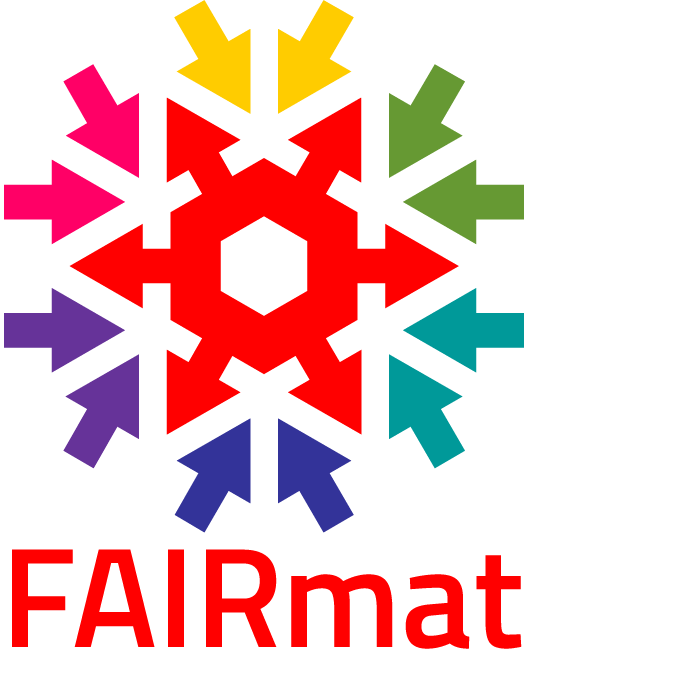
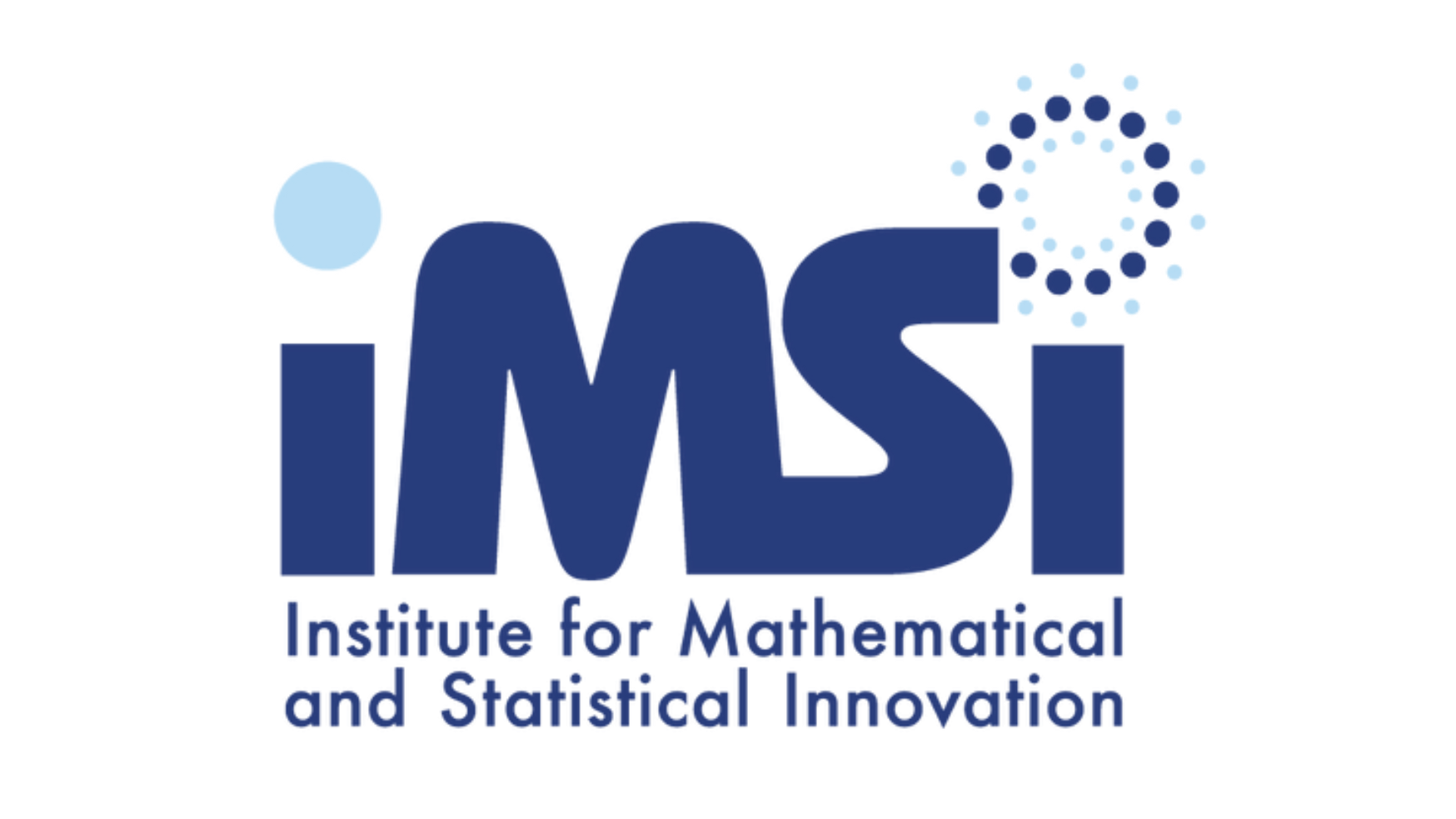
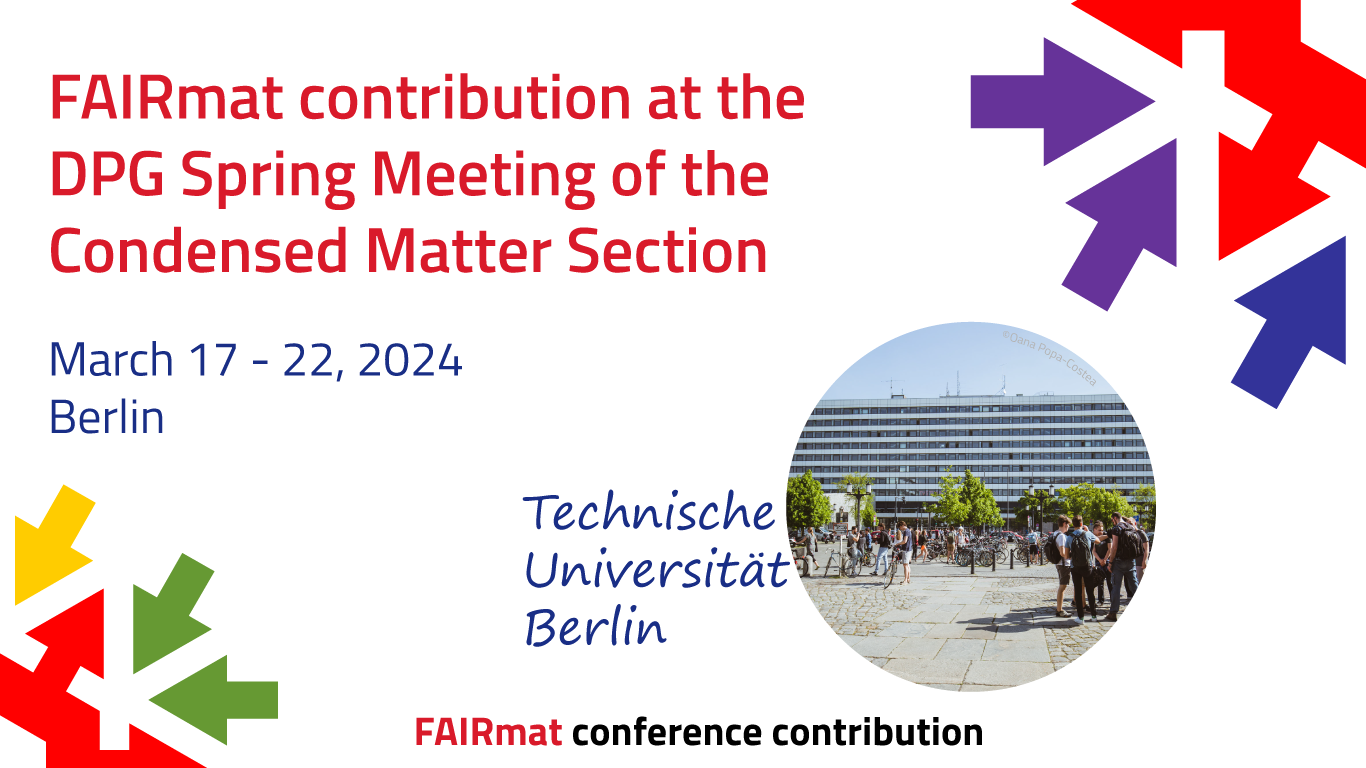
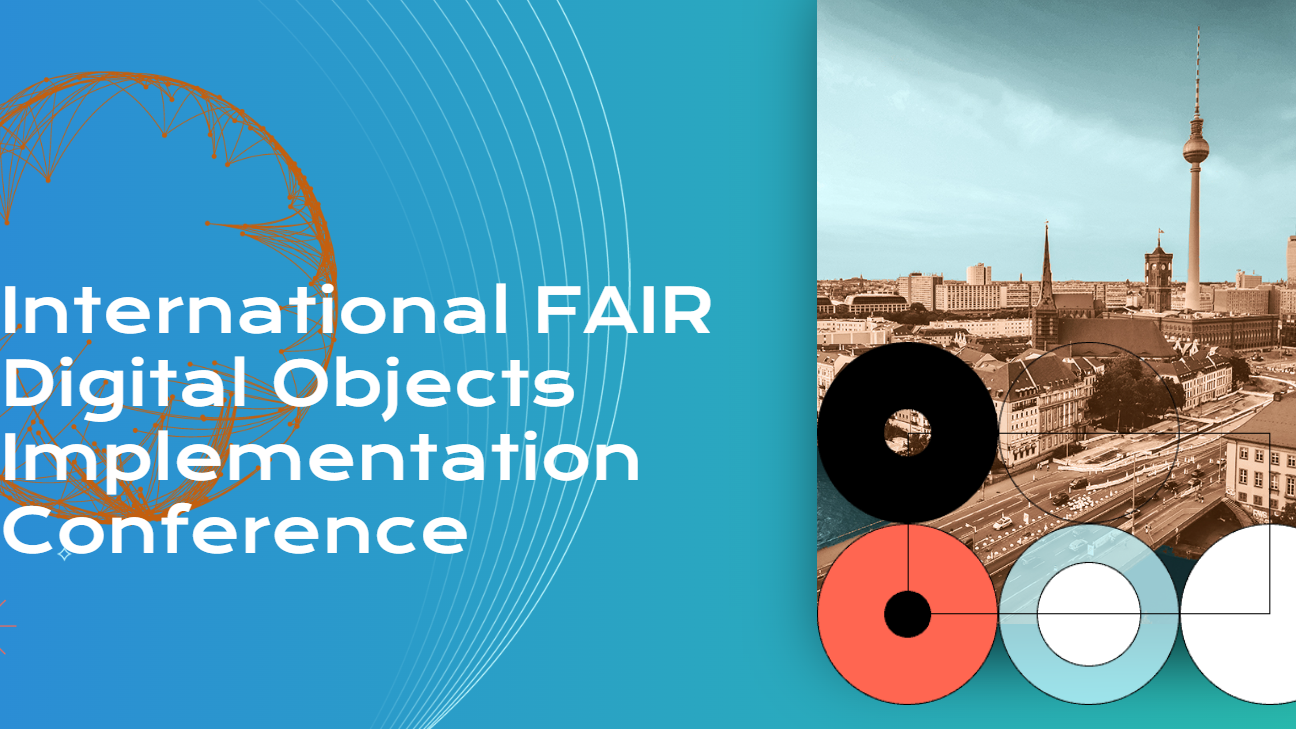
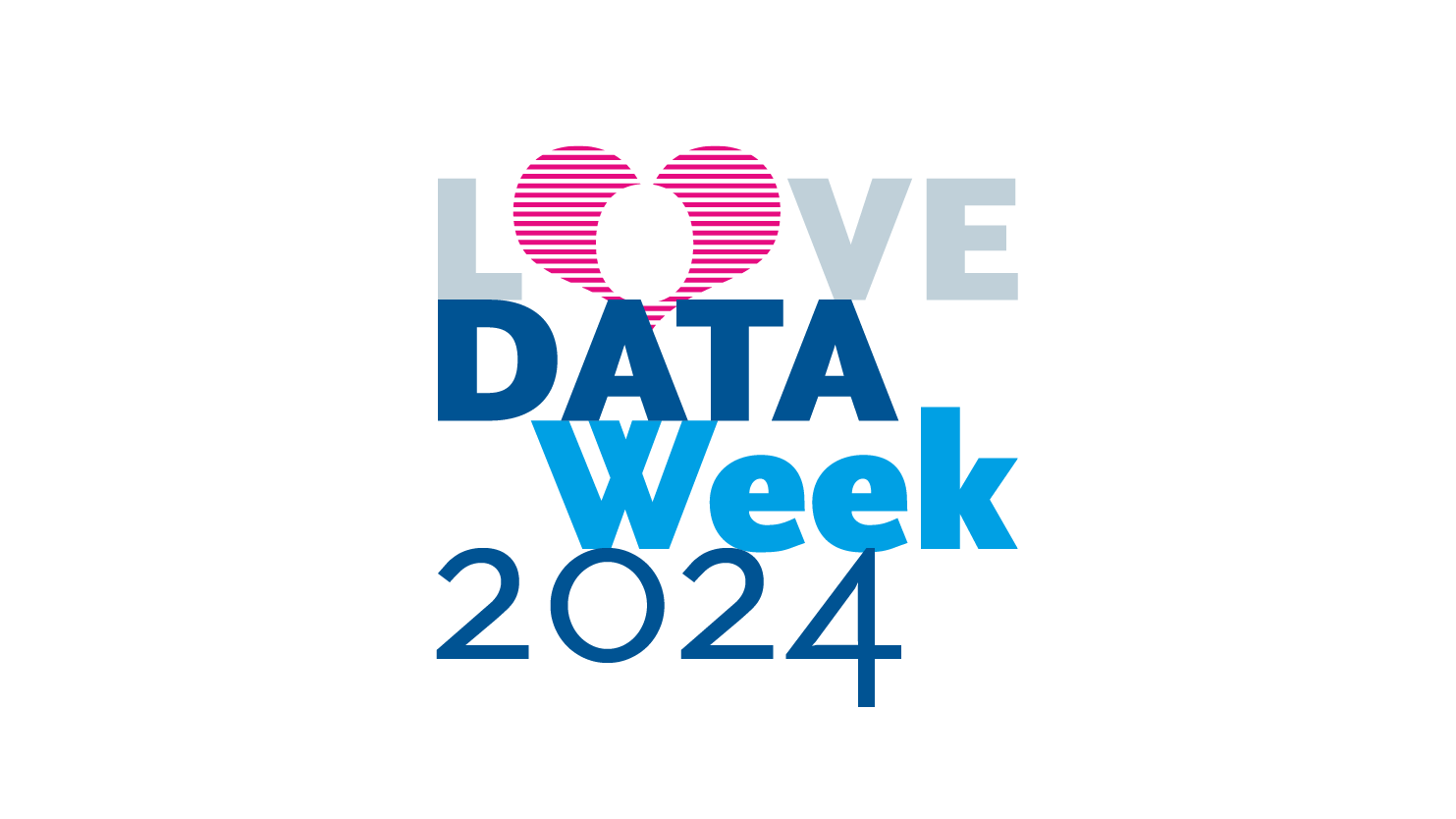
_Zeichenfläche%201.png)
